Welcome
Welcome to the 2025 update of our work to uncover hidden need in Dorset.
Since our last report eight years ago Dorset, and the world, have lived through a major pandemic followed by a cost of living crisis.
Our grant programme impact reports show how vital grass roots community groups are in responding to local need. We exist to help fund these groups and to bring them to the attention of other interested funders.
Our most recent impact report shows the majority of people to benefit from our funding fell under the theme of poverty and disadvantage. The energy crisis and the cost of living have seen increased demand for Surviving Winter grants, funding for foodbanks and social supermarkets and increased demand for support services including mental health, homelessness, family support and domestic violence.
This report has five broad headings which link to our own strategic priorities: Work, Education and Training, Loneliness and Isolation, Health, Wellbeing and Mental Health, Disadvantage and Poverty and Environment and Sustainability.
It is now online rather than a physical document because we feel it is more sustainable and planet friendly and being digital means we can continually update it so that it always remains relevant.
The information within is drawn from a range of sources but in particular we are grateful to Professor Mel Hughes of the Department of Social Sciences and Social Work at Bournemouth University, who facilitated the first trawl of data.
We’d also like to thank Dorset and BCP councils for their help with providing data for the key facts section of this report.
If you have any comments, updated information or insight we would love to hear from you at admin@dorsetcf.org.
Tom Flood CBE Chair of Trustees
Dorset Community Foundation
Michael Dooley, HM Lord-Lieutenant of Dorset
Patron, Dorset Community Foundation
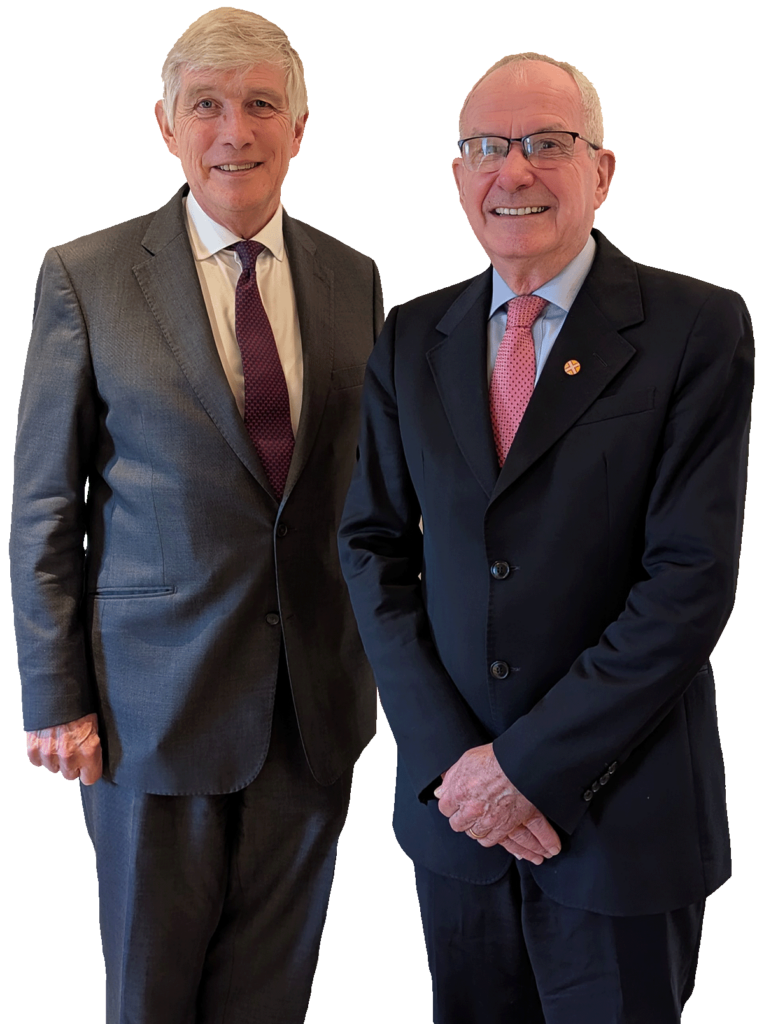
“In every community, there is work to be done. In every nation, there are wounds to heal. In every heart, there is the power to do it.” Marianne Williamson
Work, Education & Training

Key facts

11,000
Employment in the Dorset Council area is expected to grow by 11,000 jobs by 2029, but they will mostly be part-time.
Dorset Council

537
There are 537 older people for every 1,000 of the working age population in the Dorset Council area, compared to 297 per 1,000 in England.
State of Dorset 2023

15%
15% (or 51,000) of all employment in the county of Dorset is in healthcare. It will grow by 7,000 by 2027 due to the ageing population.
Dorset LEP

24%
There was a 24% increase in creative businesses starting up in the county of Dorset between 2017-20, compared to 10% in all other sectors.
Dorset LEP

3.8%
In the BCP Council area, 3.8% of 16-17-year-olds are NEET, compared with 3% nationally.
BCP Health Inequalities 2021

8,565
There were 8,565 new businesses in the county of Dorset in 2023. The Department for Business, Energy, and Industrial Strategy estimates 11% of UK businesses failed in 2023.
informdirect.co.uk

1.9%
The county of Dorset’s population grew by 4.8% from 744,000 to 779,800 between 2011 and 2021 but the working age population only increased by 1,900 (0.4%). The population of 65 and older increased by 32,100 (19.3%).
Office for National Statistics

53%
Between 2011 and 2021 the proportion of the 16+ population who were ‘economically active’ fell from 57% to 53% in the BCP Council area and from 55% to 51% in the Dorset Council area.
2021 Census
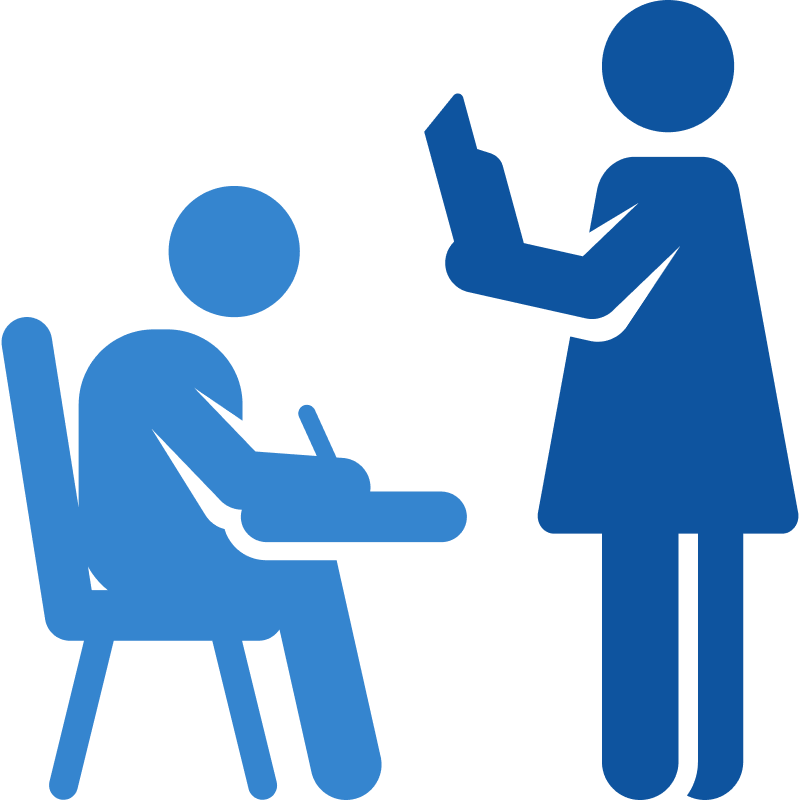
22.8%
In the county of Dorset 22.8% of adults aged over 19 participated in some form of education or training in 2022. The highest proportion of achievements were in health, public services, and care.
Dorset Local Skills Improvement Plan
Frontline Stories
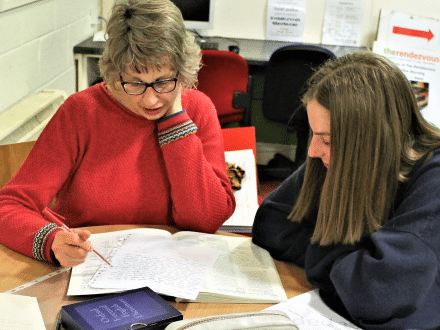
The Rendezvous
In addition to mental health support for young people, young parents’ groups and nurture social groups the charity offers one-to-one tutoring in maths and English for those aged 13 to 25.
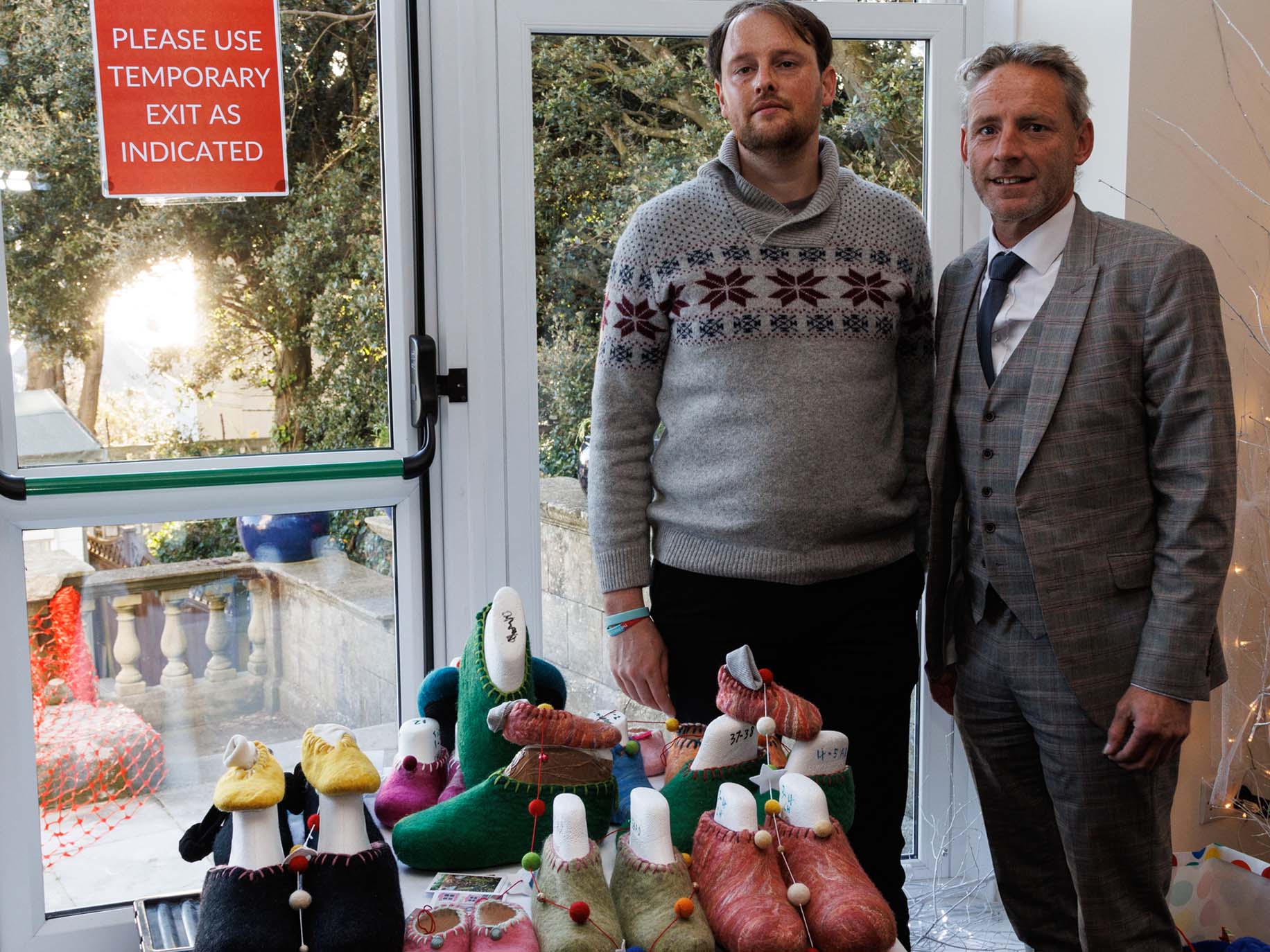
The Samee Charity
Sam Everard and Wayne Ingram are CEO and COO of The SAMEE charity in Bournemouth, which has been helping adults with physical and mental disabilities in Dorset set up in self-employment since 2016.

Brockenhurst College
Brockenhurst College just over the Hampshire border takes many students from Dorset who want to study A Level in its sixth form centre.
Our View

With more jobs being part-time and Dorset’s older population working longer, there are fewer job opportunities.
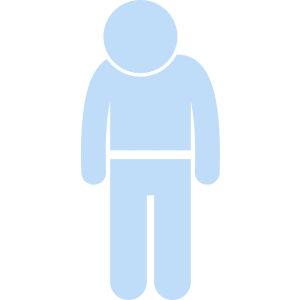
The pandemic caused significant disruption to education and had a severe impact on the mental health, personal and social development of many young people. Leading to more young people, and from younger age groups, unable to cope with formal education.

Our own experience indicates that more young people are facing financial barriers to accessing education. The number of students supported by our DCF Bursary scheme rose by 13 per cent in 2020/21 and 42 per cent in 2022/23. Although the figure decreased slightly, by 2.16 per cent in 2023/24, the amount funded per student rose by 3.88 per cent to £597.30. Financial pressures lead to a higher risk of dropping out of education and impacts achievement due to the impact on anxiety and mental health.

As a result of these increasing issues, more young people are lacking not only the qualifications they need to access further education or employment opportunities, but the self-worth, aspirations and social skills they need to thrive as adults – and compete for jobs.

Coupled with higher numbers of children with Special Educational Needs in Dorset and given the resource challenges facing schools, we need to appreciate that to achieve long term outcomes for young people with more complex needs, long term and alternative support is needed.

People with SEN and disabilities, including mental health conditions, are finding it harder to get into work because opportunities have been squeezed by economic pressures and because of pre-existing barriers that often de-value these groups.

There is a lack of understanding for people with SEN and disabilities, which exacerbate institutional barriers and makes it harder for them to access employment. This has led to a culture of benefit dependent lifestyles despite skills and abilities that could benefit communities.

There is hope that remote working offers more opportunities and removes some of the barriers face by people with SEN and disabilities. Individually tailored long term support is needed to support the most vulnerable to successfully access employment or self-employment.
Loneliness & Isolation
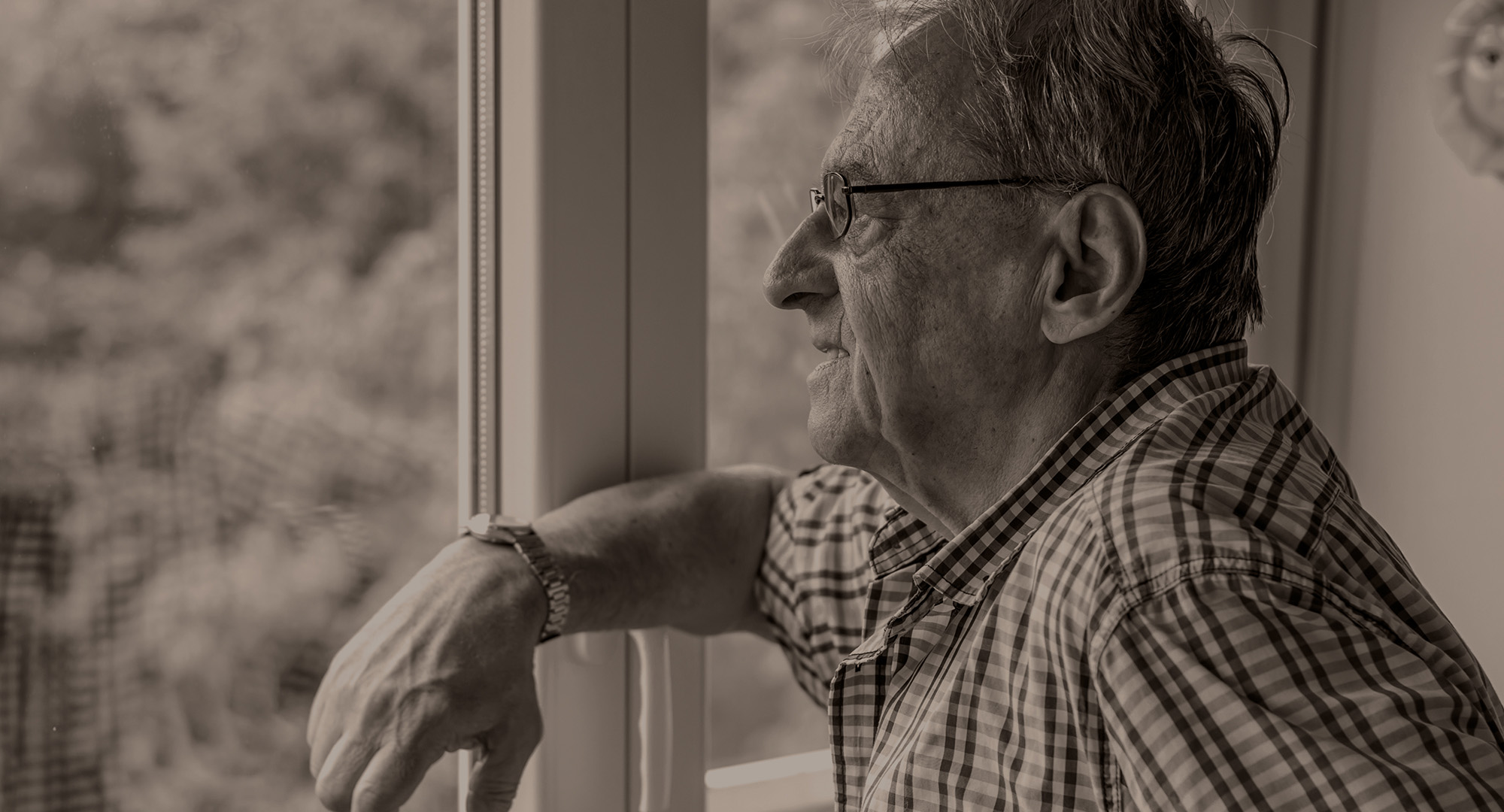
Key Facts
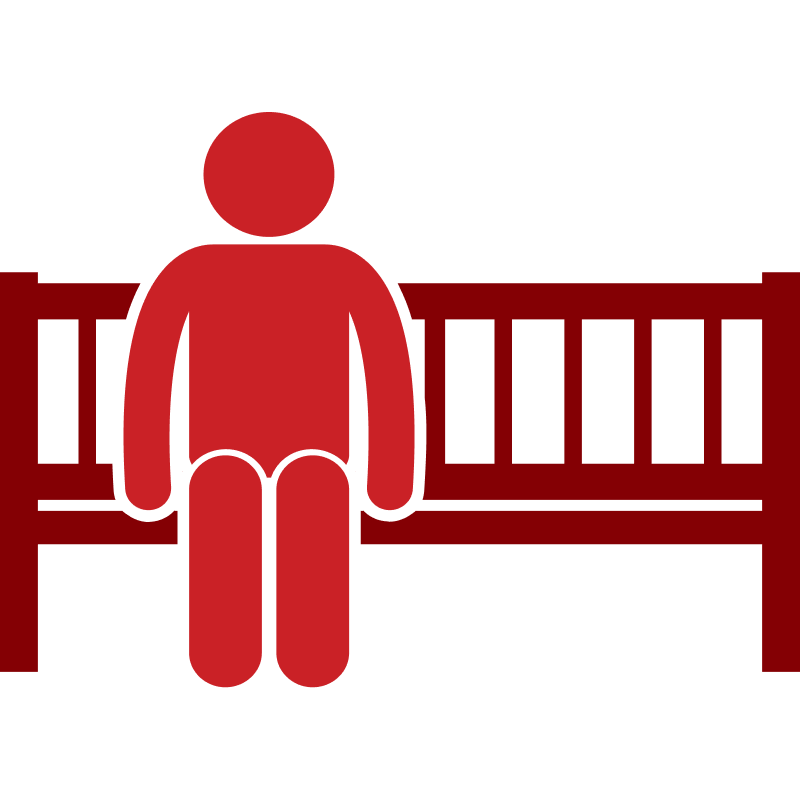
25.6%
The proportion of adults in the Dorset Council area who said they felt lonely “often” or “always” increased from 5% in May 2020, to 7.2% in February 2021. In the BCP Council area, 25.6% of adults say they feel lonely always, often or some of the time.
Dorset Health Inequalities 2022, BCP Health Inequalities 2021
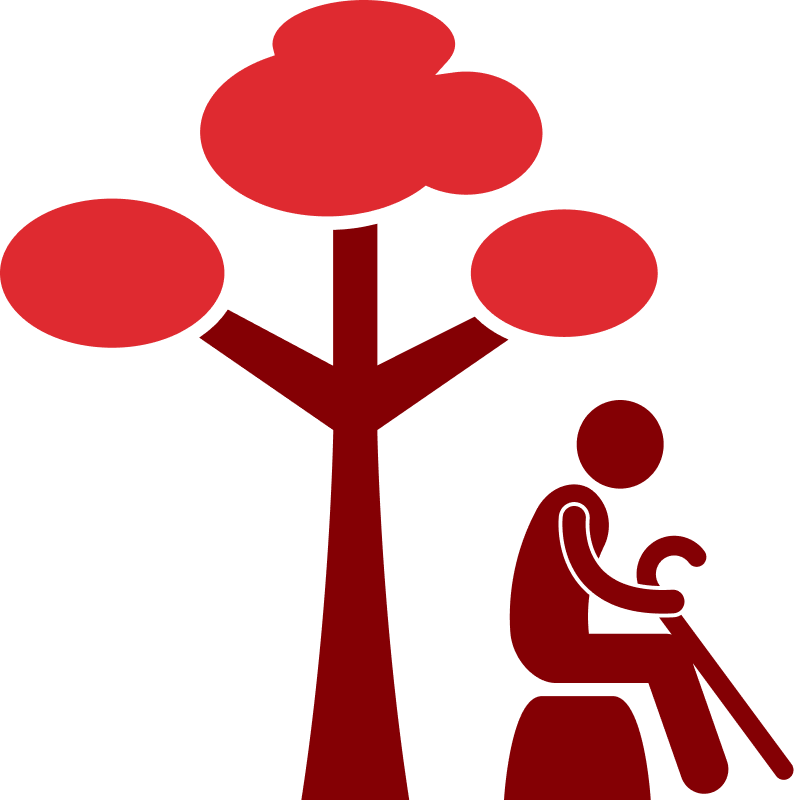
18%
Just under one in six (16%) of Dorset’s households are lone households where the resident is over 66, compared to 13% for England and Wales and 15% for the South West.
2021 Census
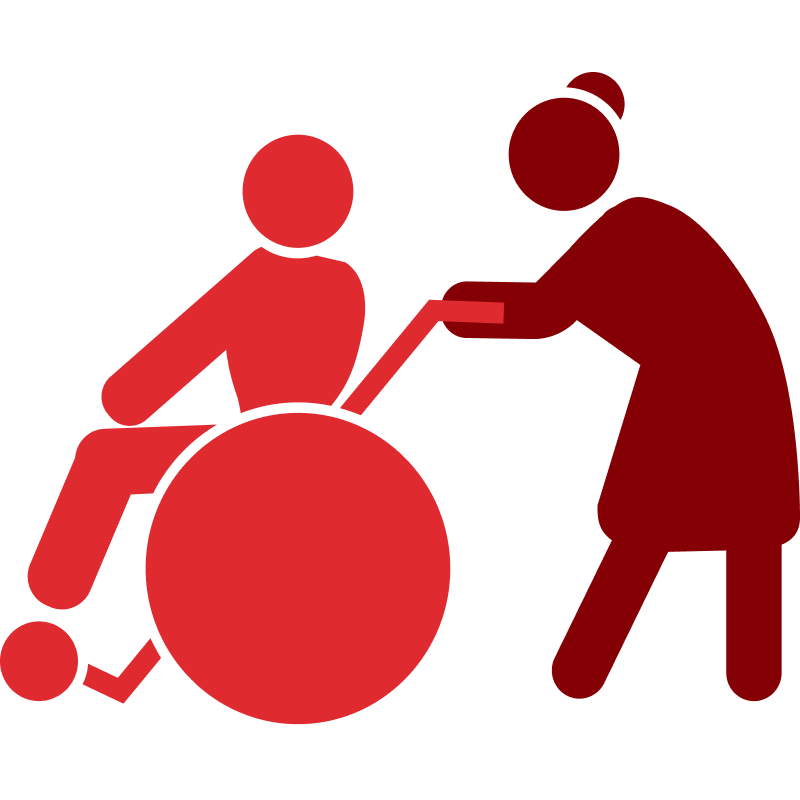
83,000+
Of the 35,500 unpaid carers in the Dorset Council area, 32% are 65 and over, compared to 23% in England & Wales. In the BCP Council area around 15,958 of the population (4.2%) provides over 20 hours of unpaid care a week, compared to 4.4% for England.
State of Dorset 2023
State of BCP 2023

82%
In the BCP Council area 82% of the population are from a white British background, 9% from a white minority ethnic group and 9% from all other ethnic minorities. Approximately 6.1% of the Dorset Council population identified as being from an ethnic minority. The average for England & Wales is 18%.
2021 Census

80
In the county of Dorset approximately 100 different languages are spoken as a ‘first language’. The top 5, excluding English, are Polish, Portuguese, Romanian, Spanish and Hungarian.
2021 Census
Frontline Stories

Christchurch Community Partnership
Christchurch Community Partnership’s Christchurch Angels befrienders, neighbour cars and dial-a-bus, support people who struggle to engage with or access services.
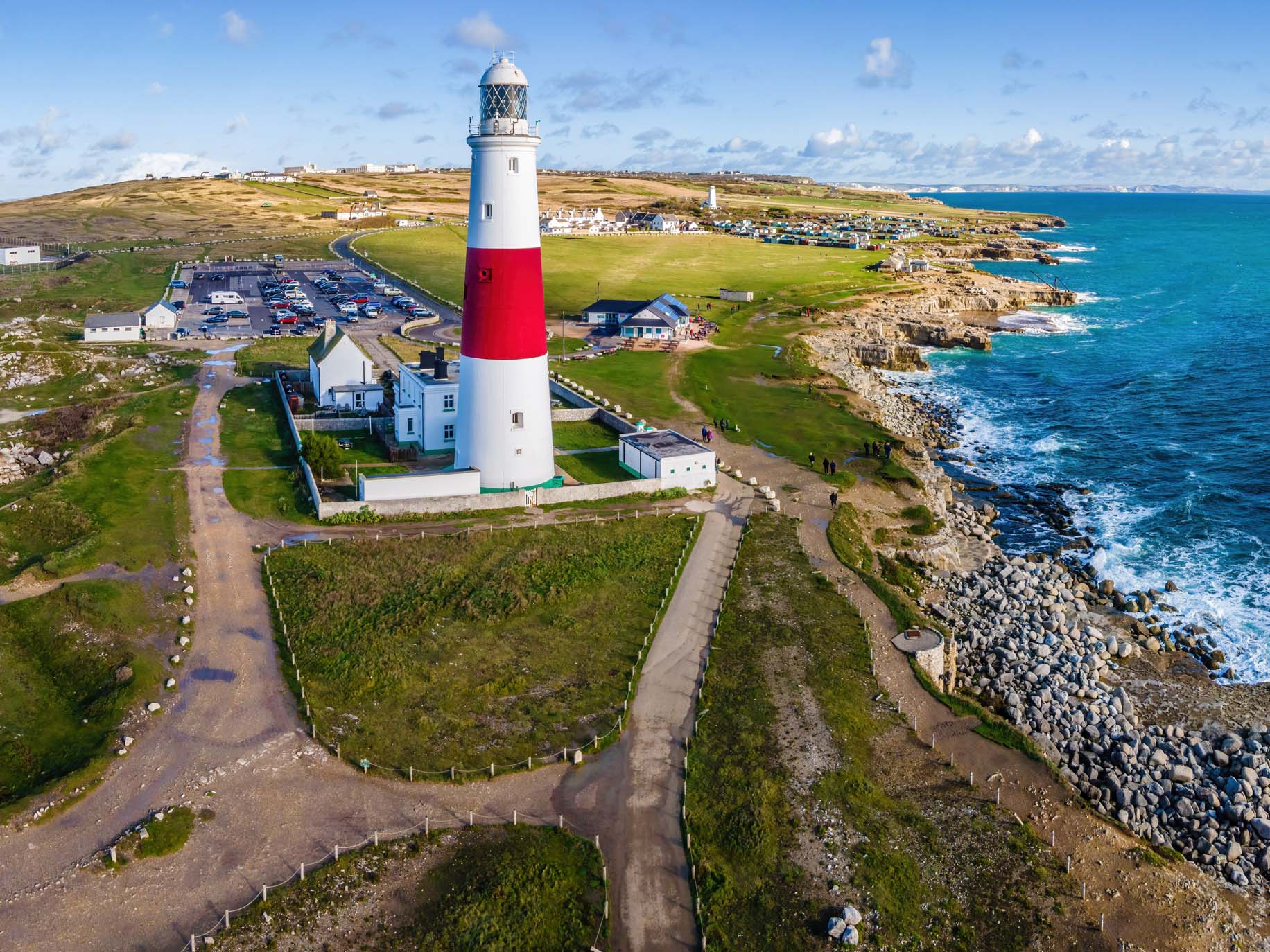
Island Community Action
Island Community Action on Portland offers a range of more than 20 regular activities, classes and outings for older people to combat loneliness and isolation.

MYTime Young Carers
MyTime Young Carers in Bournemouth works to identify young people who are unregistered carers as well as supporting all young carers through Making Memories activity days, employability courses and work in schools.
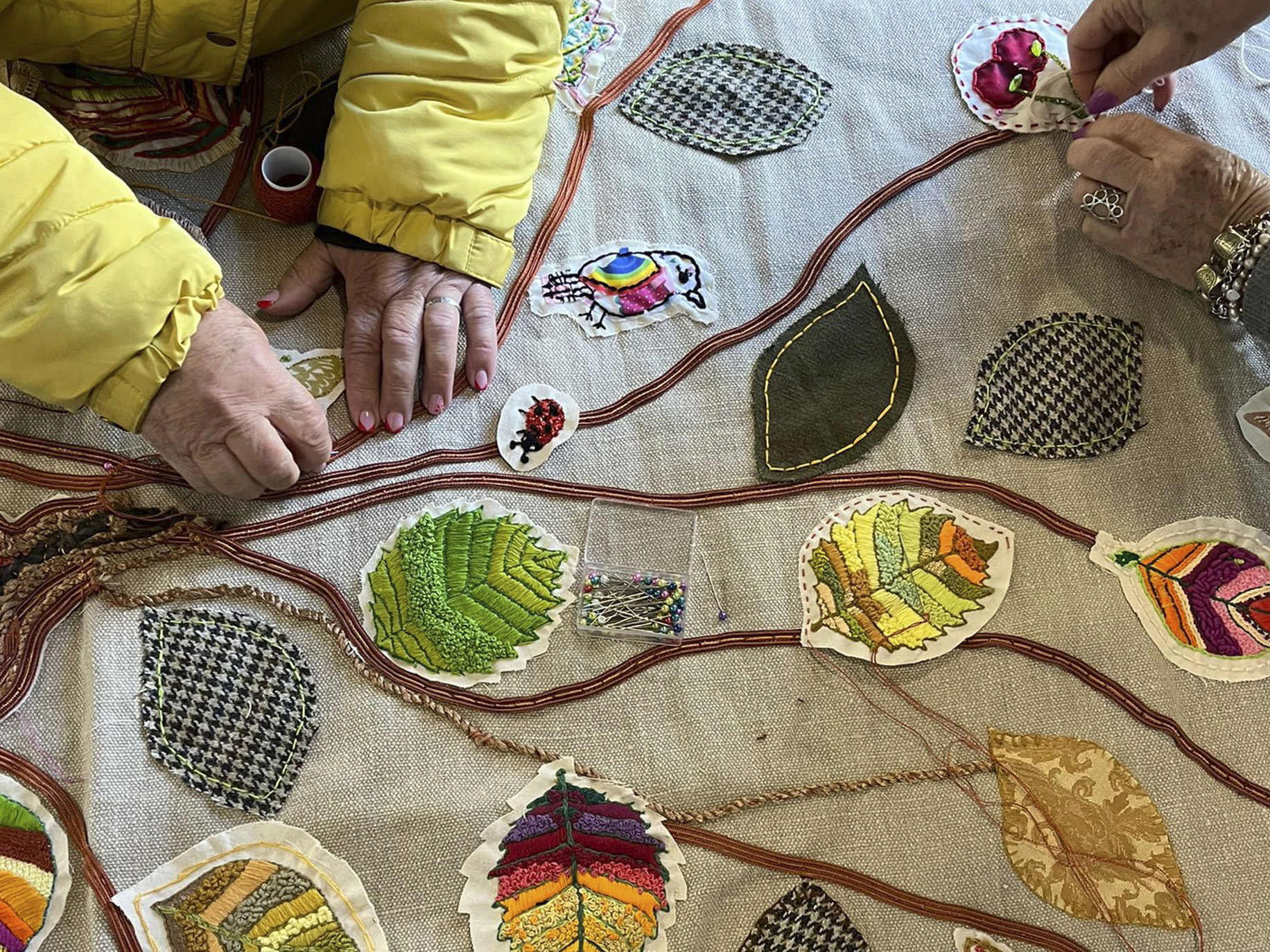
Recreate Dorset
Recreate Dorset in Bournemouth has been working with refugees and asylum seekers through its Seeking Refuge project to tackle loneliness and isolation.
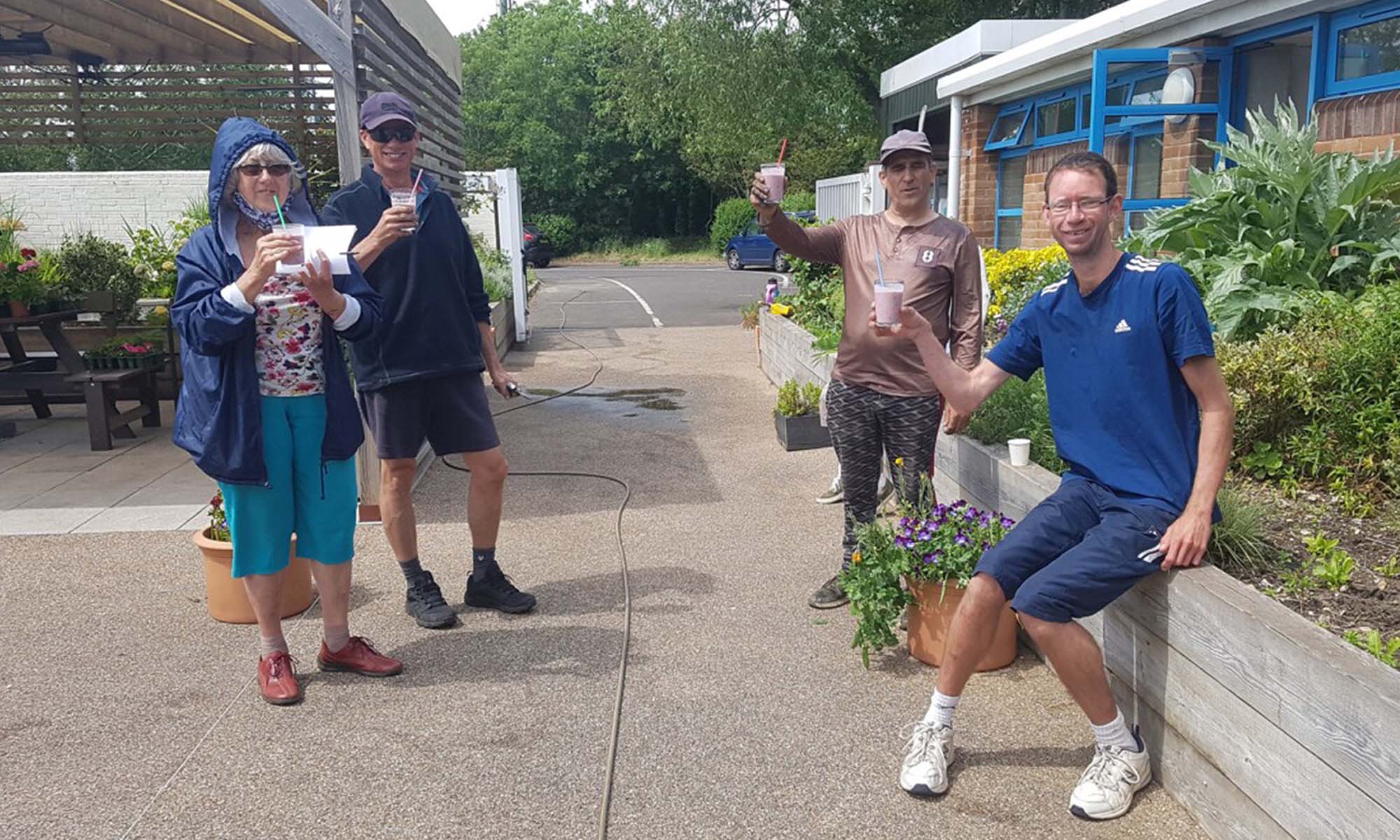
Access Dorset
Access Dorset, based at The Bridge in Bournemouth, provides activities, vocational training and support for people with disabilities of any kind.
Our View
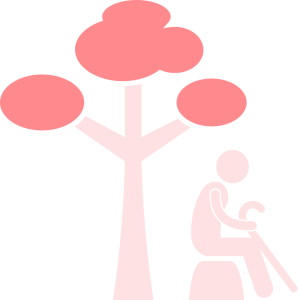
Pandemic restrictions had a disproportionally greater impact on isolation and loneliness for groups already experiencing higher levels of isolation including older people, carers, people with disabilities and health conditions. As a result many people from these particular groups have very low confidence and greater social anxiety.
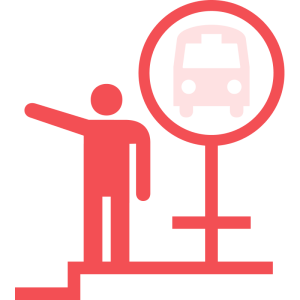
Reduced or inaccessible public transport also has a disproportional impact on people suffering greater levels of loneliness due to cost and mobility issues, exacerbating the problem.
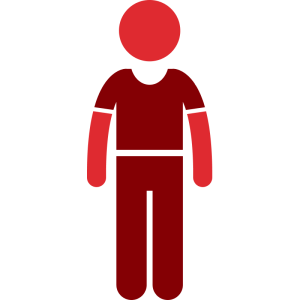
Stigma and discrimination exacerbate isolation. Marginalised groups may not feel understood or welcome, and may have additional barriers to overcome such as language or trauma, which can make it difficult to access community activities.

Increased referrals and demand on community groups suggest that local people want to connect with others. Vulnerable people need targeted support to help them access local opportunities for connectivity and any barriers to participation should be removed.

Services addressing financial deprivation and other critical needs can also increase social connections when taking place in a group setting.
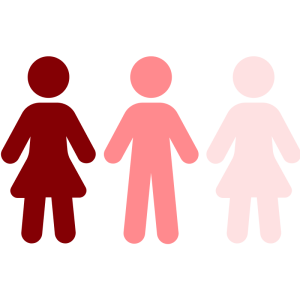
Providing opportunities to meet others experiencing similar challenges is a powerful way to reduce loneliness and helps to address shared issues and find solutions. Peer to peer approaches can lead to increased volunteering, which strengthens the voluntary sector as well as benefiting volunteers themselves. As well as reducing isolation, volunteering can lead to improved confidence and employability.
Health, Wellbeing & Mental Health
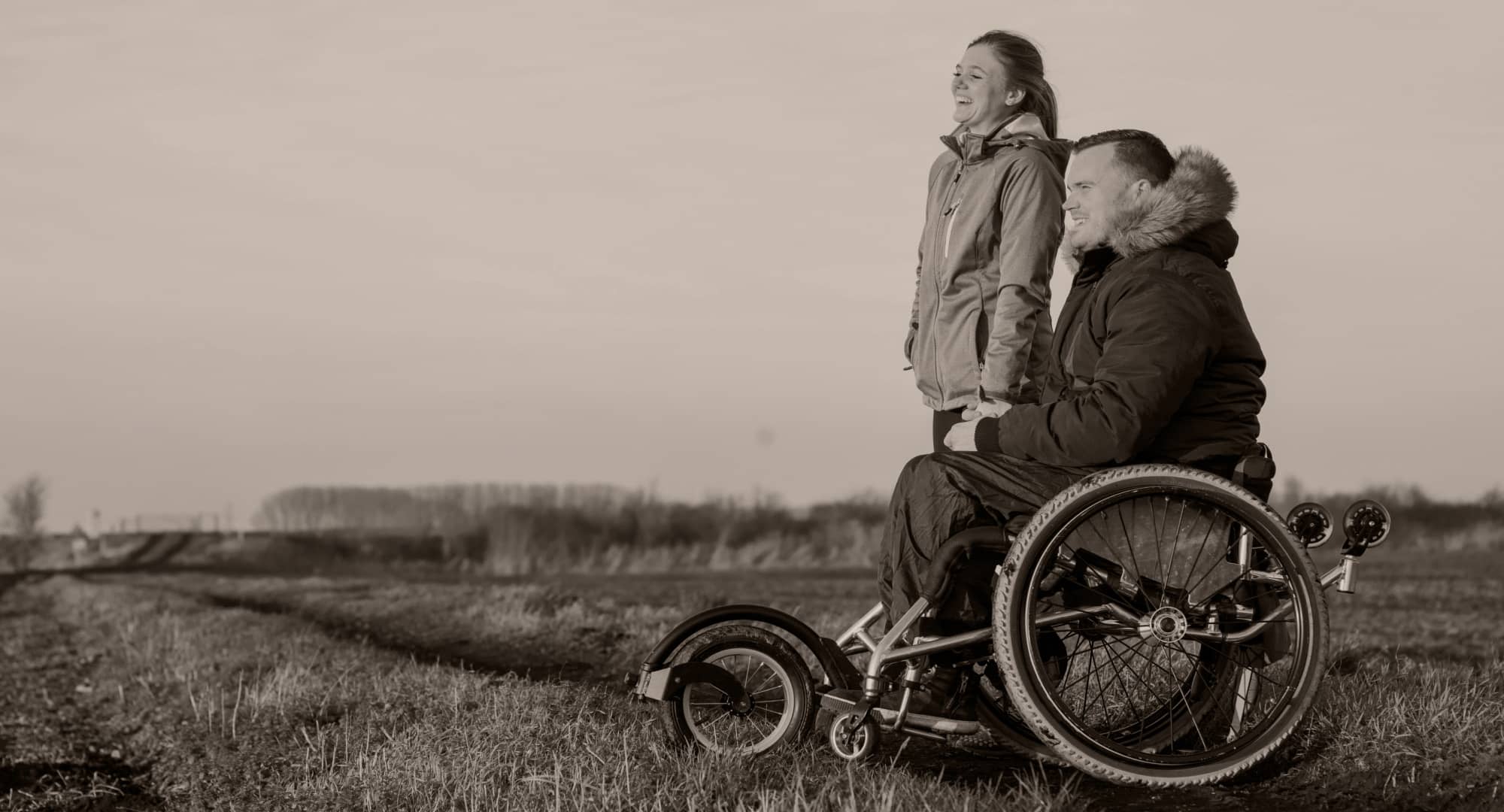
Key Facts

11,800
In the Dorset Council area 11,800 people are predicted to be living with dementia by 2035.
State of Dorset 2023

862
In the BCP Council area, 862 adults per 100,000 were admitted to hospital for alcohol-related conditions compared to 557 per 100,000 in the Dorset Council area. The England & Wales average is 664.
Public Health Dorset Alcohol Misuse JSNA Needs Assessment 2023

60
In the BCP Council area 60 young people per 100,000 were admitted to hospital for alcohol-related conditions compared to 47 per 100,000 in the Dorset Council area. The England & Wales average is 31.
Public Health Dorset Alcohol Misuse JSNA Needs Assessment 2023
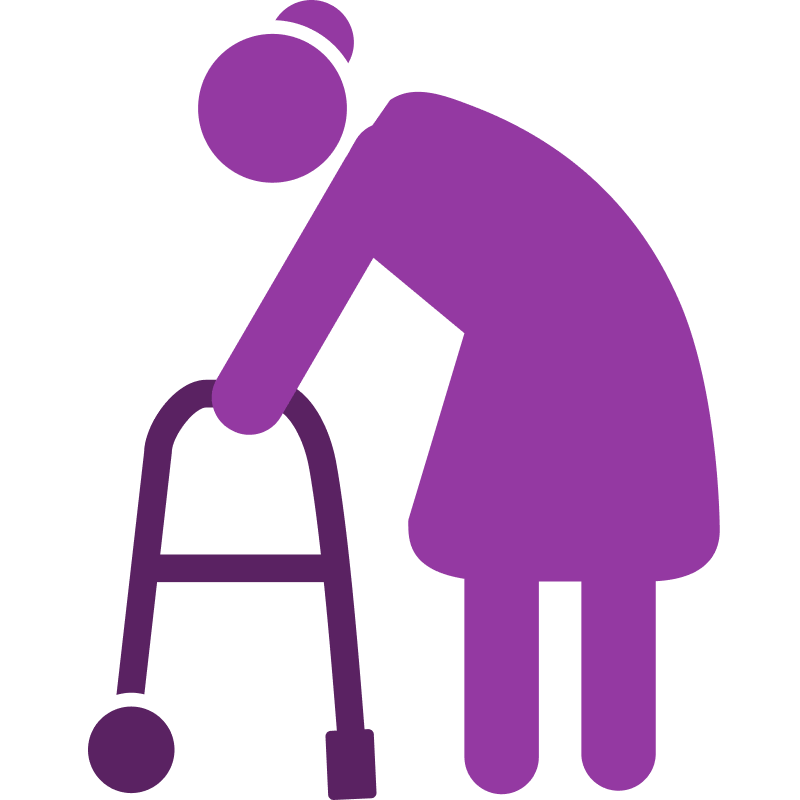
24%
The over-65 population in the BCP Council area will have increased by 15% between 2018 and 2028. By 2028, 24% of the local population will be aged 65 and over, up from 22% in 2021.
State of BCP 2023
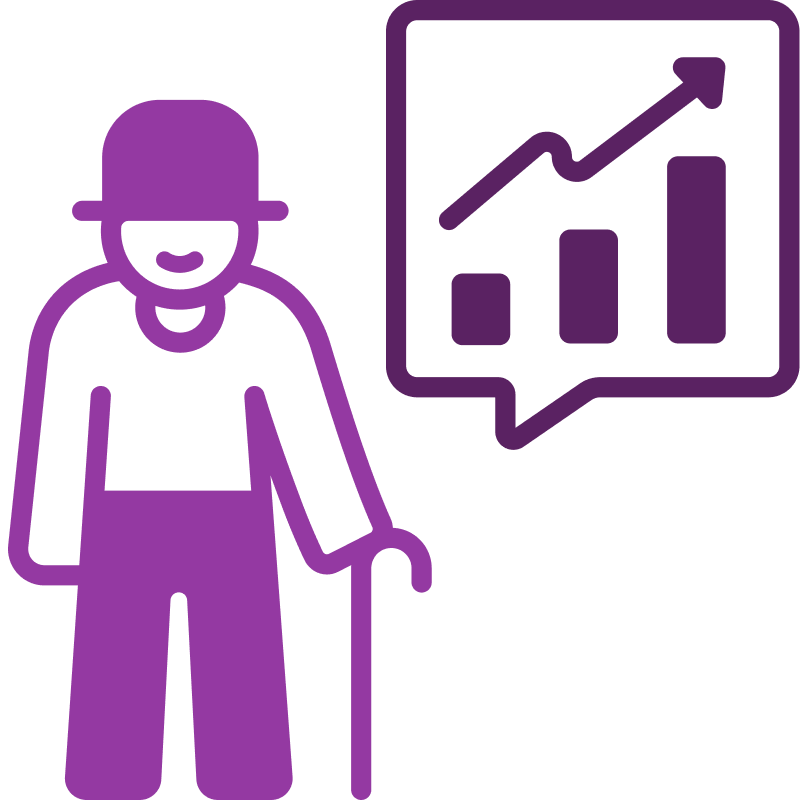
65+
In the Dorset Council area, the number of people aged 65 to 79 grew by 22.3% between 2013 and 2023 and is projected to grow by 13.8% by 2033. The number of 80 and overs is projected to rise by 41.8% by 2033.
State of Dorset 2023
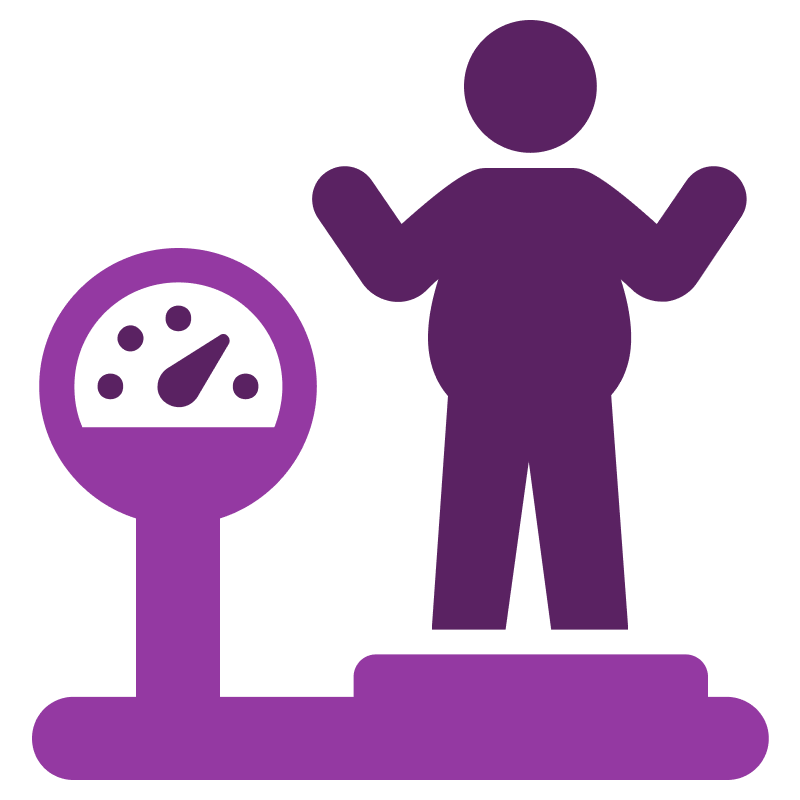
64.9%
64.9% of adults in the Dorset Council area (2022/23) and 63.5% of adults in the BCP Council area (2022/23) are classified as overweight or obese. The rate for England and Wales is 64.1%.
BCP Council JSNA Summary 2023, Dorset Council

16%
The incidence of probable mental health problems in the UK increased in 5-16-year-olds from 10.8% in 2017 to 16.0% in July 2020 – equating to around 7,500 5- 16-year-olds with a ‘probable mental health problem’ in the Dorset Council area and potentially 8,300 5-16-year-olds in the BCP Council area.
Health Inequalities Report 2023

700
In the Dorset Council area, the number of under 4-year-olds is expected to decrease by about 700, and the number of 5-15-year-olds is projected to decrease by about 5,100 by 2033. In the BCP Council area there are 65,300 under 15s, 16% of the local population, compared to a national figure of 19%.
State of Dorset 2023 / State of BCP 2023
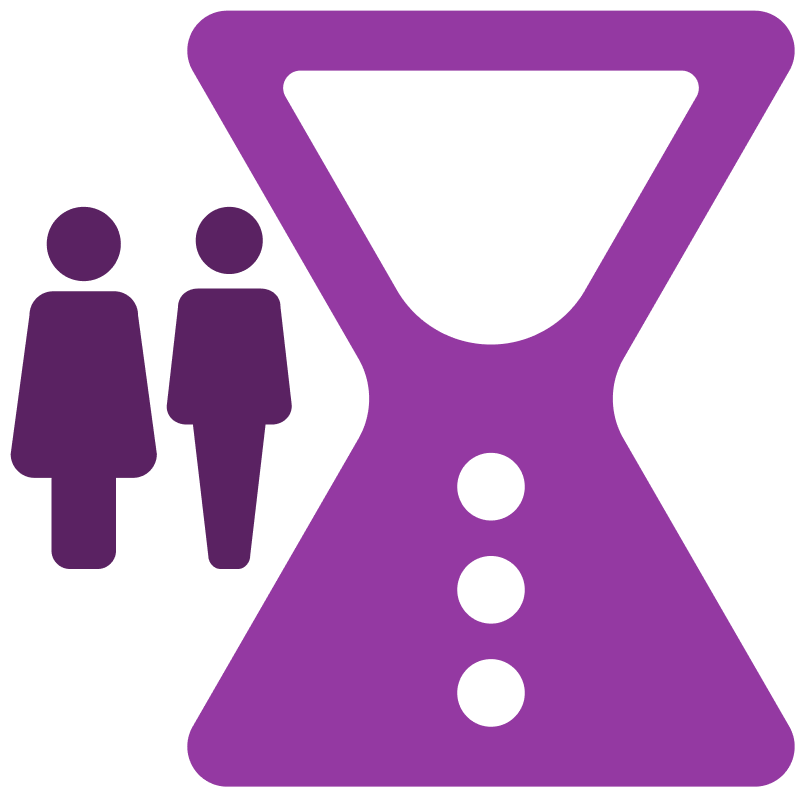
81
Life expectancy for women living in the county of Dorset is currently 83.2 and for men the life expectancy is 79.7. The current national life expectancy for women stands at 83.0 and for men 79.2. This data covers part of the period of the Covid Pandemic.
Dorset Health Inequalities Report
Frontline Stories

Treads
Libby Lloyd is senior youth leader at Treads in Blandford Forum, an information and support drop-in for young people that provides them with a safe and encouraging space to talk about their mental health and wellbeing.
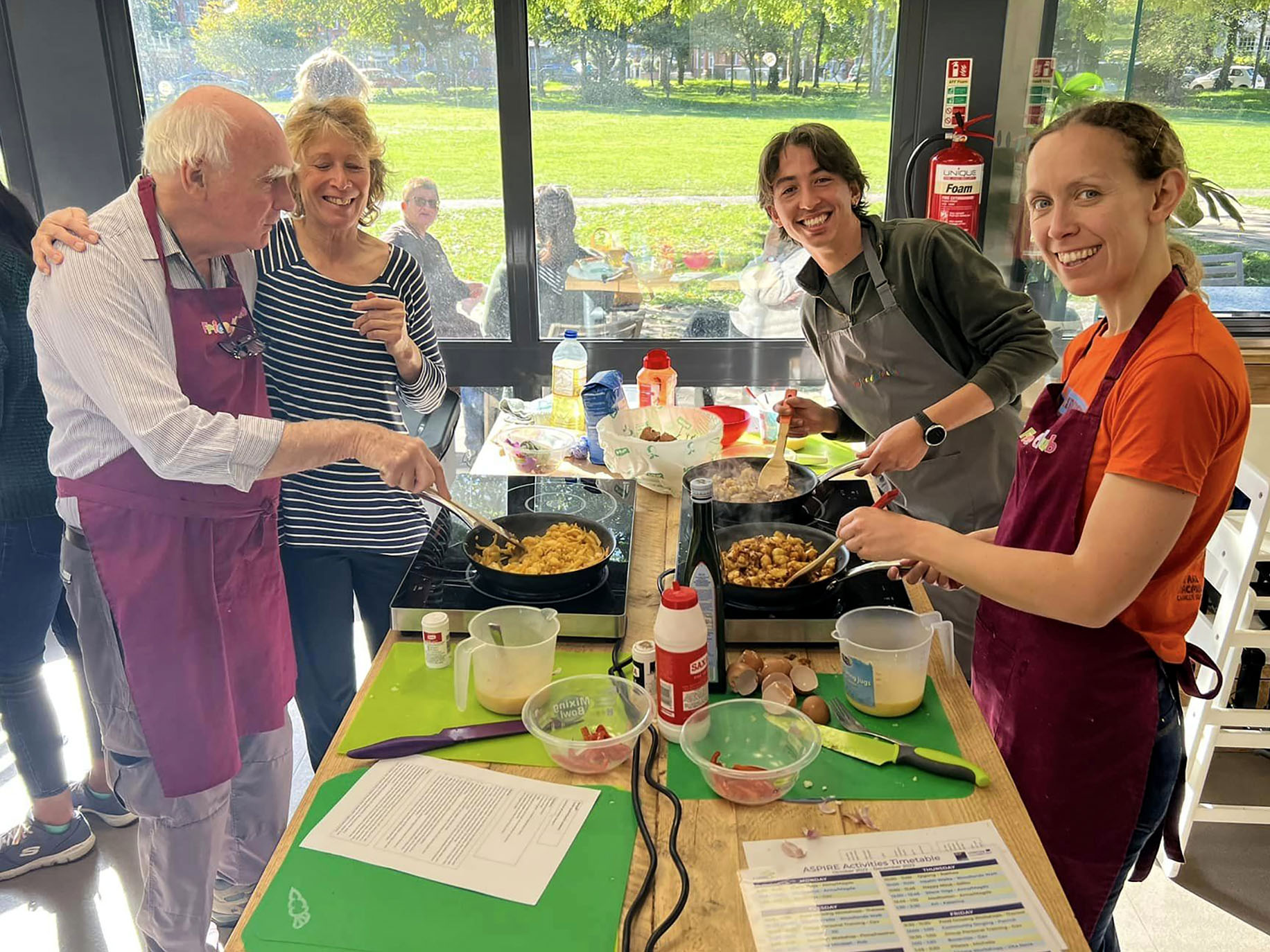
The Friendly Food Club
The Friendly Food Club in Bournemouth teaches low income, marginalised and at risk groups to make nutritious meals from low cost ingredients as well as delivering Cookboxes to low income families and individuals.
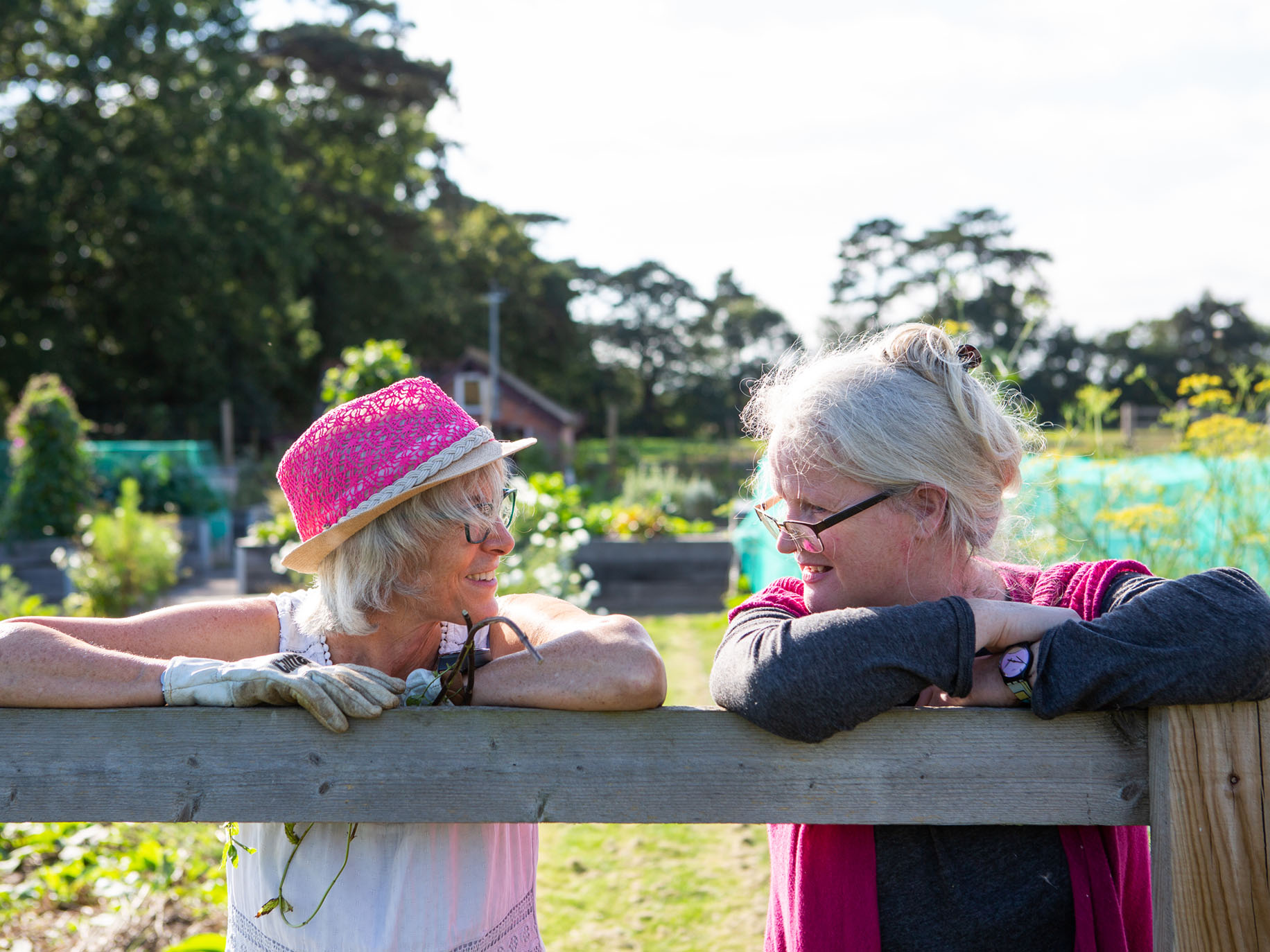
In Jolly Good Company
In Jolly Good Company in Wimborne St Giles offers ‘Jolly Days’ of dementia friendly activities and occasional lunches for older people in Wimborne St Giles, Shaftesbury and Blandford and gardening at an allotments in Kingston Lacy.
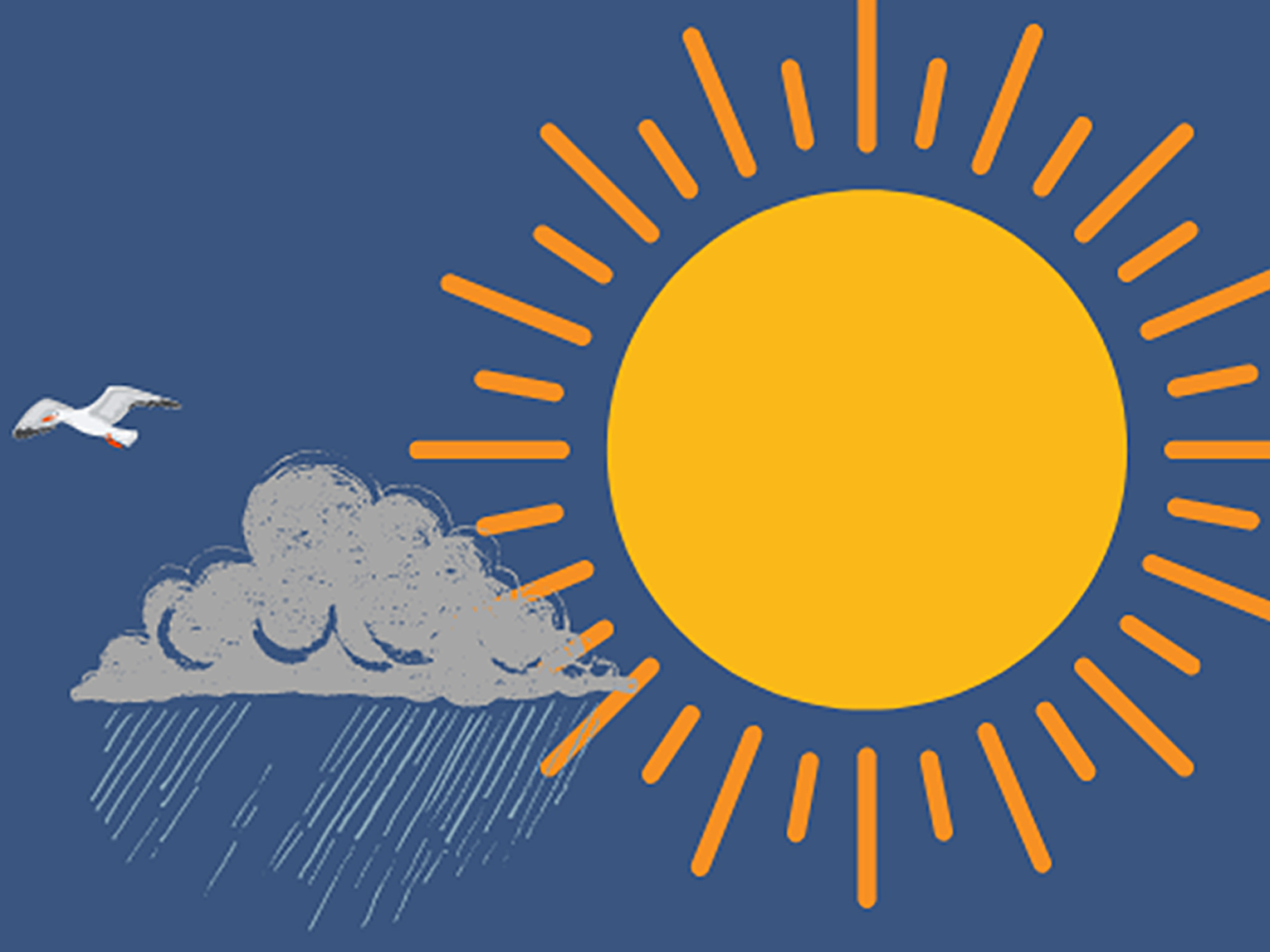
The Harmony Centre
The Harmony Centre in Bridport runs three weekly drop-in sessions for people experiencing mental health issues, as well as groups aimed at men, the bereaved and carers.

DorPIP
DorPIP in Poole works with parents who are experiencing issues with their baby or young child. It uses talking therapy, baby massage classes and support groups to overcome attachment issues and help with bonding, and runs training and education for healthcare professionals.
Our View

Dorset has high levels of dementia and sufferers and carers often experience greater isolation and loneliness, which we know has a negative impact on health and wellbeing.
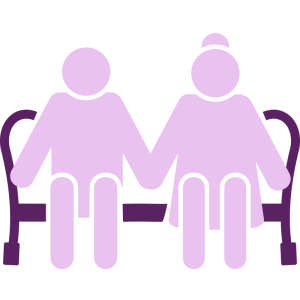
Dorset’s ageing population is causing increasing pressure on health and social care services, and this is combined with a backlog of patients awaiting treatment.

Conditions can worsen whilst awaiting treatment and combined with the cost implications of alternative treatment options, people in financially challenging circumstances are often disproportionately affected.
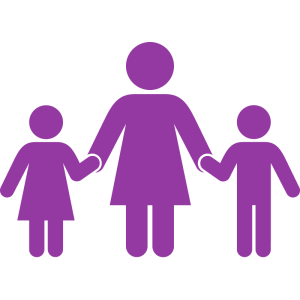
The pandemic caused restrictions to health services and this has negatively impacted physical and mental health in a variety of long term ways – the ongoing impact on new parents who received less healthcare support is one example of this.

The pandemic together with the cost of living crisis may have caused a shift in priorities away from health and self-care, to tackling more practical, immediate and critical needs such as poverty, housing and employment. This may be one of the reasons we are seeing increased numbers of people suffering mental health issues.

Demand on adult mental health support in the voluntary sector is rising and there is an increasing pattern of referrals from NHS teams. A move to social prescribing is positive but groups struggle to develop sustainable income that enables them to meet demand.
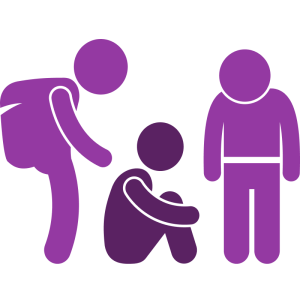
Mental health issues in young people are also rising, reflected by demand on statutory and voluntary sector services, and alcohol use as a coping mechanism. Causes may include the impact of the pandemic, social media, and a lack of early intervention due to long waiting lists and high qualification requirements for statutory services.
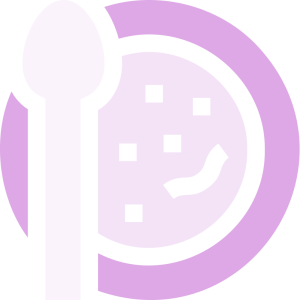
Despite anecdotal evidence of improved knowledge of ‘healthy eating’, community groups working with low income households observe poor cooking skills, and a lack of understanding around how food choices can contribute to financial pressures.
Disadvantage & Poverty
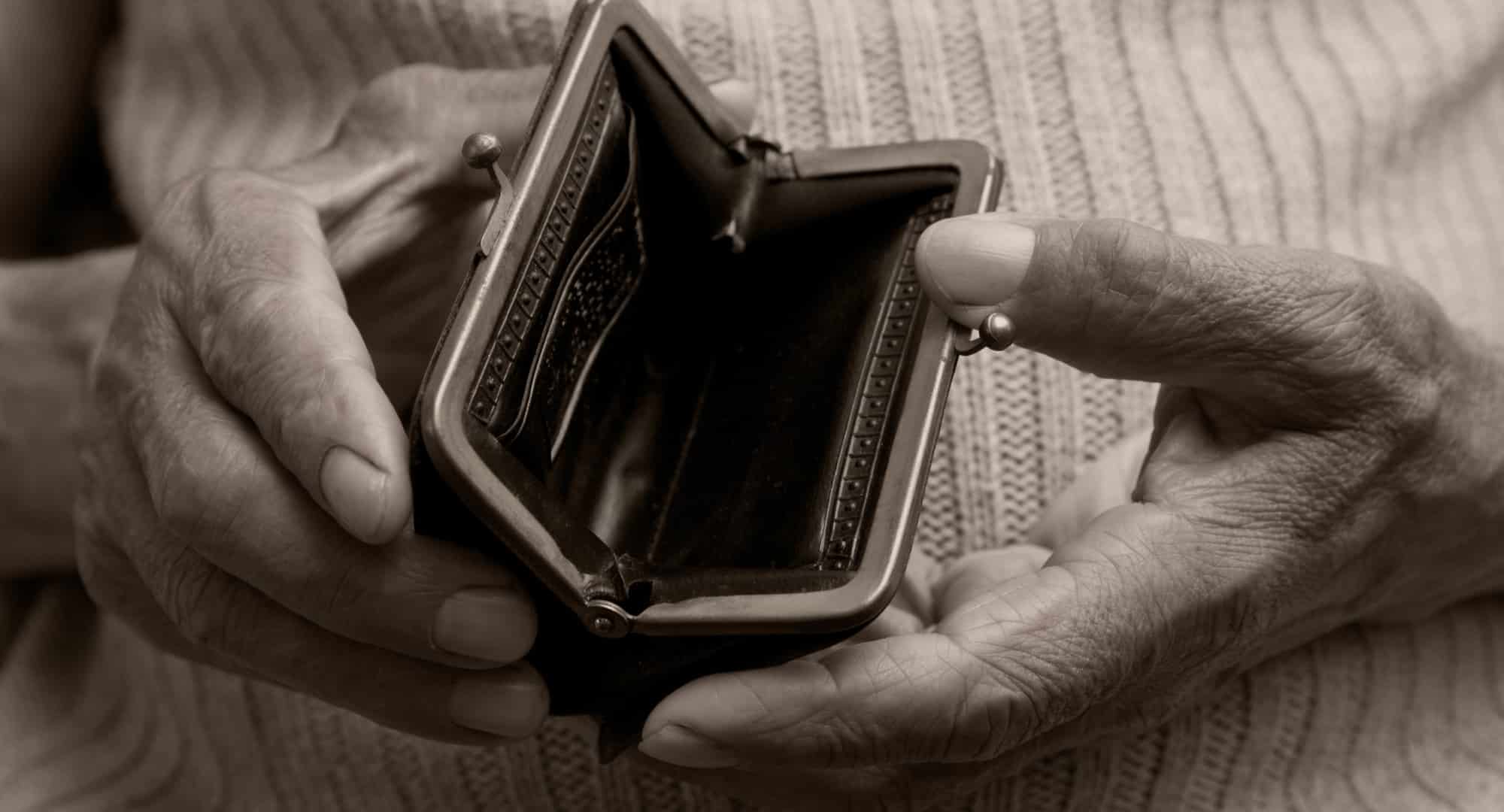
Key Facts

22
In 2018 there were 22 foodbanks in the county of Dorset. In 2025 there are 24 in the Dorset Council area and 12 in BCP, 11 free community fridges in Dorset and six in BCP, five social supermarkets in Dorset and two in BCP and 14 pop-up larders in Dorset. New outlets are opening regularly.
Help and Kindness

165,100
In the county of Dorset, 165,100 households with children can’t afford a healthy diet.
Food Foundation
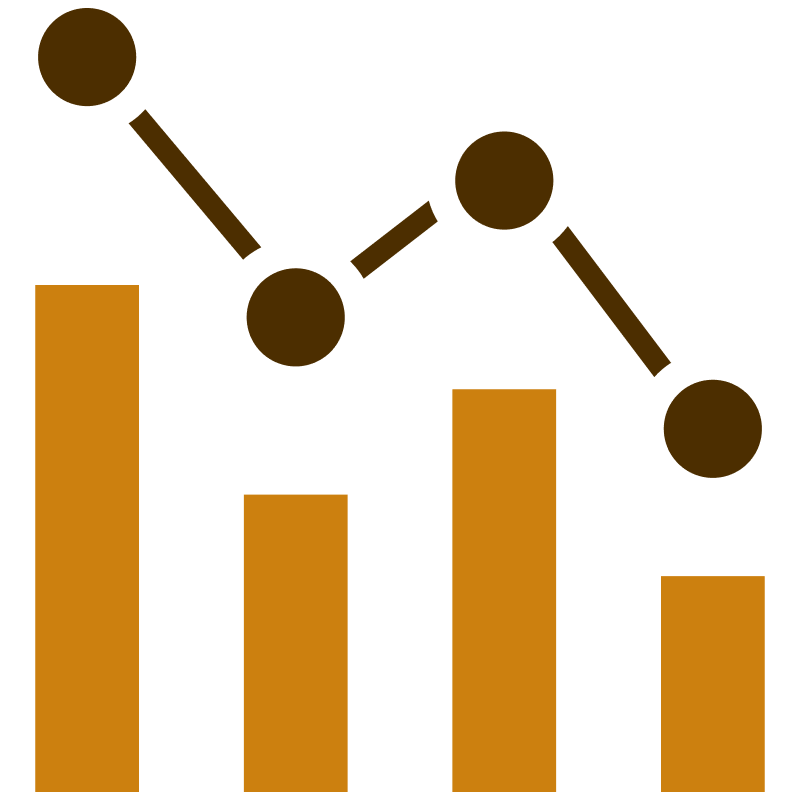
45,200
45,200 people (11% of the BCP population) live in the 20% most deprived areas in England, while 83,800 (21% of the BCP population) live in the 20% least deprived areas in England.
State of BCP 2023

11
There are 11 areas (out of a total of 219) in the Dorset Council area within the top 20% most deprived nationally for multiple deprivation, up from 10 in 2015.
State of Dorset 2023

77.9%
In the Dorset Council area, 77.9% of homes are under-occupied by one or more bedrooms, with 64.2% of homes having three or more bedrooms.
State of Dorset 2023
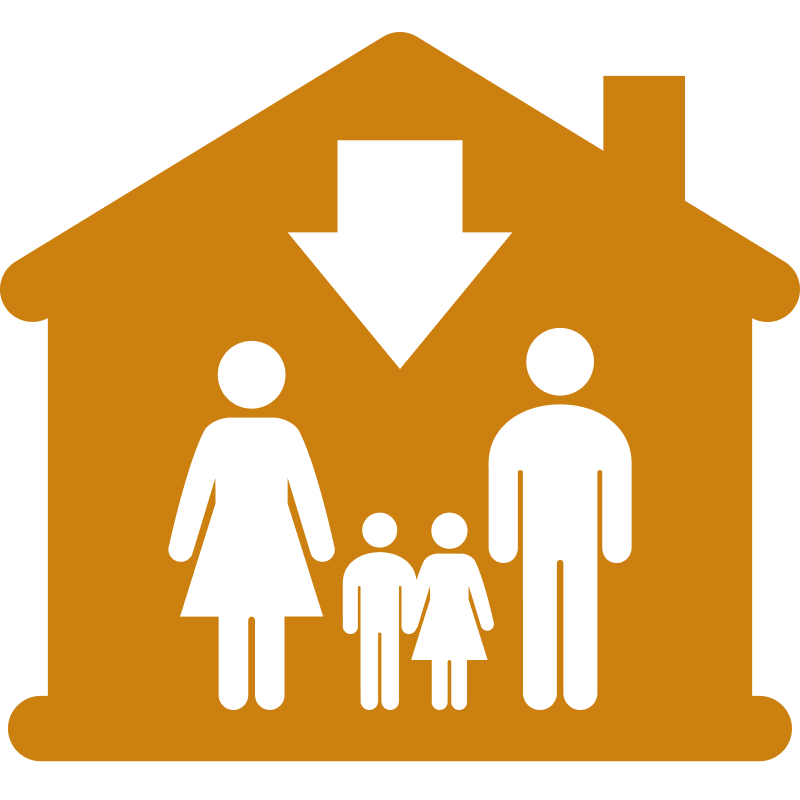
8,300
Around 8,300 children are living in absolute poverty in the Dorset Council area, 11.4% of those aged 0-19, while in the BCP Council area around 8,800 are living in absolute poverty, 9.8% of those aged 0-19.
Deptartment of Work and Pensions

£31,600
Residents from the BCP Council area earn £35,050 per year on average, while those working in the BCP area earn £34,980 per year. Residents in the Dorset Council area earn £34,800, while those working in the area earn £33,760. The England and Wales average is £37,470.
ONS 2024 Annual Survey of Hours and Earnings

55.5
The average house price in the BCP Council area in 2025 is £335,000 compared to £329,000 in 2023. The average house price in the Dorset Council area in 2025 is £355,000, higher than the average of £349,000 in 2023. The average UK house price in 2024 is £292,000, up from £286,000 in 2023.
Office for National Statistics (ONS)
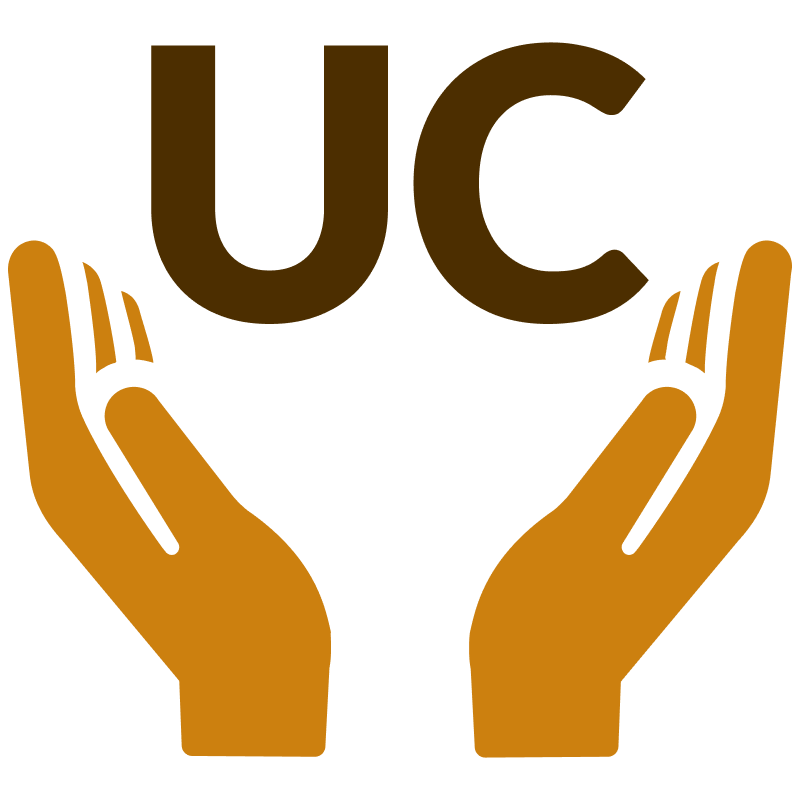
10
The number of Universal Credit claimants in the BCP Council area has increased from 33,500 in 2018 to 40,300 in 2023, a rise of 20.3%. In the Dorset Council area it has increased from 31,300 in 2018 to 38,600 in 2023, a rise of 23.3%. The UK average rise is 13.8%.
DWP 2024

28.5%
The number of households in the BCP Council area that are privately rented increased from 55,700 in 2013 to 71,600 in 2023, an increase of 28.5%. In the Dorset Council area it went from 48,200 in 2013 to 65,800 in 2023, an increase of 36.5%. The increase nationally in the same period was 17.0%.
ONS English Housing Survey
Frontline Stories
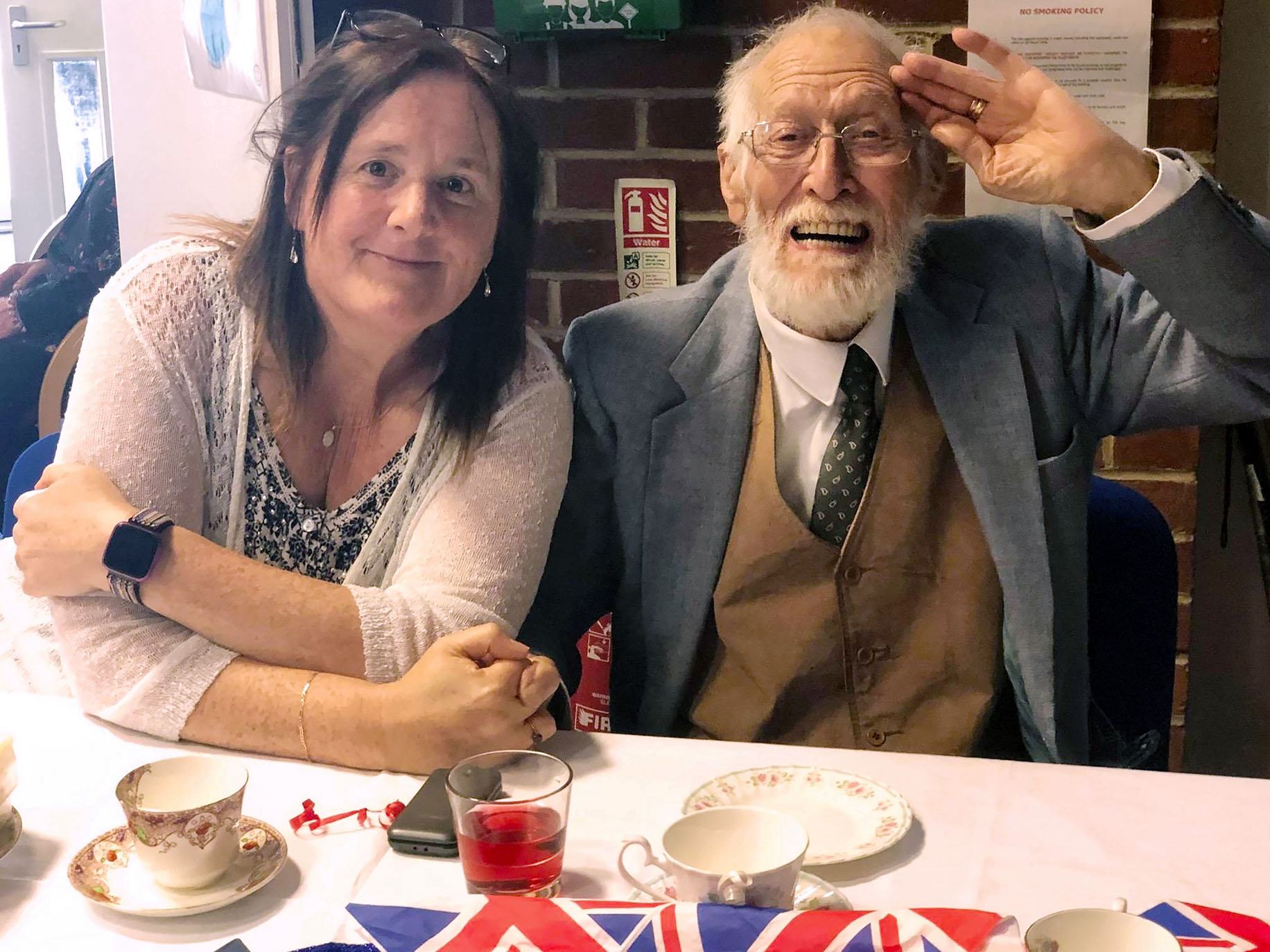
Somerford ARC Community Centre
Lauren Biggs is a member of staff at the Somerford ARC on the Somerford estate in Christchurch, which runs advice drop-ins, lunch club, ADaPt Café, breakfast club and a host of other support for people on low incomes.

Escapeline
Former social worker Lisa founded Escapline in Somerset in 2019. It prevents young people from being recruited into county lines drug gangs by educating parents, schools and the community about their methods.
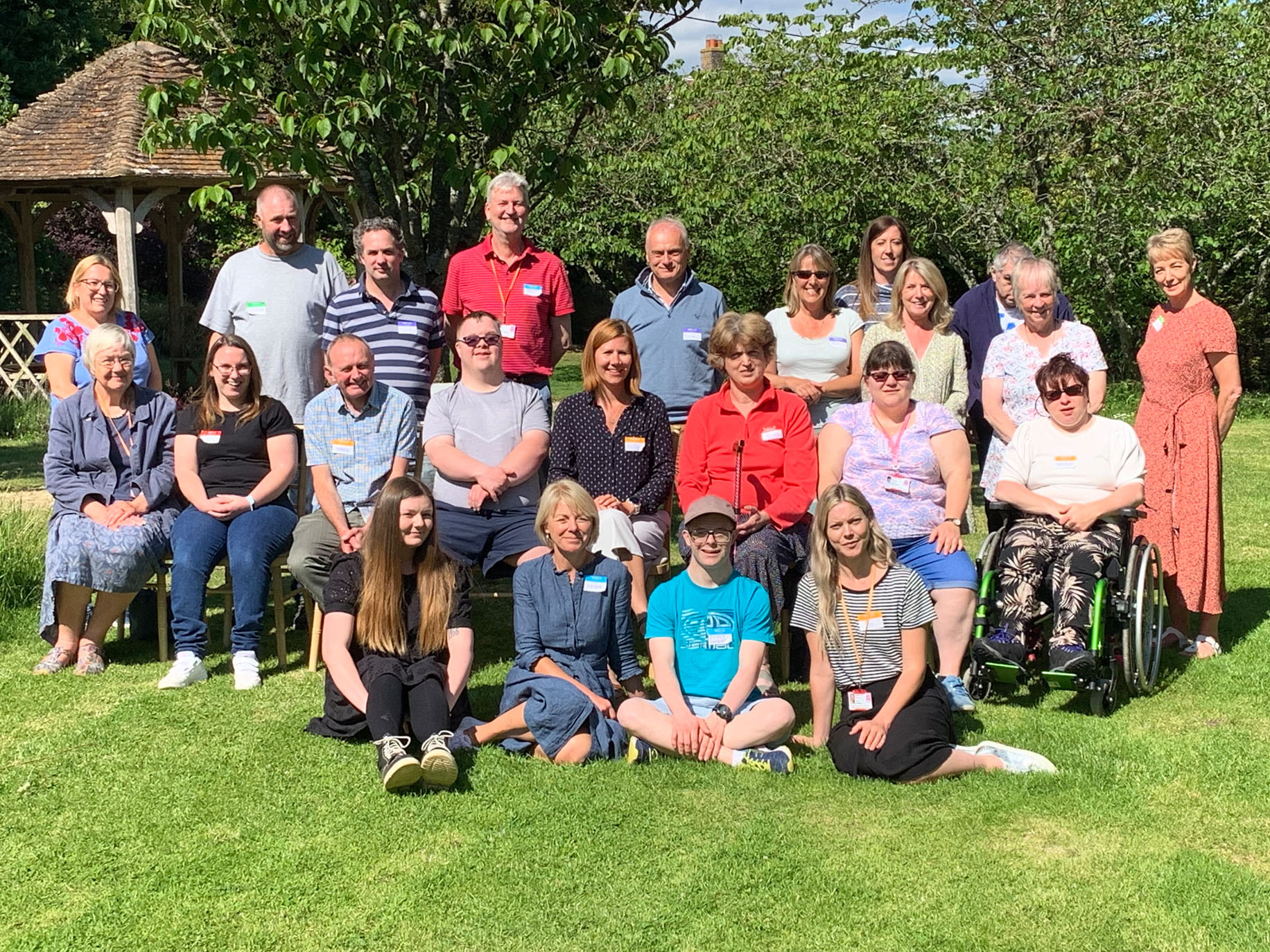
People First Dorset
Laura Kerr is manager of People First Dorset, a user-led charity which enables around 500 people with learning disabilities across Dorset to be independent, have their voices heard and be included in community life.

Safe and Sound Dorset
Safe and Sound Dorset supports homeless and vulnerable women through group sessions and activities including art, writing and cookery. It assists with housing, benefits and health issues both at its base and through outreach.

Wimborne Community Food Supply
Wimborne Community Food Supply was born out of Wimborne Minster Folk Festival’s efforts to feed people during lockdown. Based at the Allendale Community Centre’s cafe and working with various groups in the town, it utilises 151 staff and volunteers.
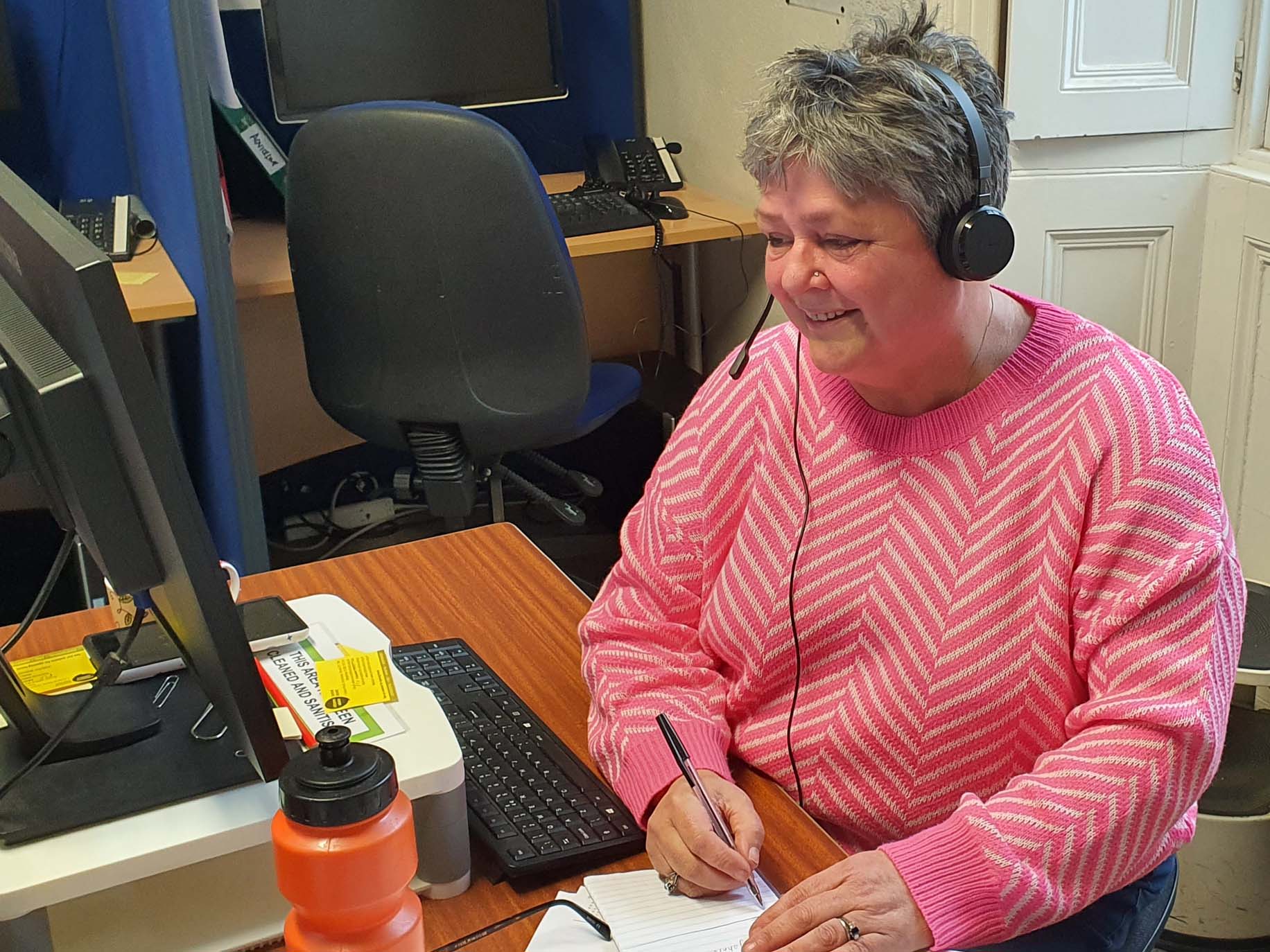
Central Dorset Citizens Advice
Central Dorset Citizens Advice is an independent service providing free, confidential and impartial advice to everybody. Chief Officer Daniel Cadisch talks about the challenges its clients, staff and volunteers face.
Our View

Dorset has a number of acutely deprived areas (Somerford is one example) where residents have faced severe socio-economic deprivation for decades, and where social mobility is unlikely.

Poverty has a direct impact on health such as poor nutrition, poor mental health and worsening health conditions due to an inability to keep warm.

Community groups across Dorset experienced a rising demand for financial advice & support, access to food and grants during the pandemic, and demand has again increased due to the cost of living crisis. They tell us working families are unable to afford basic living costs, often for the first time in their lives, and poverty is a long term reality not a short term crisis.

DCF has seen a rise in grant applications from new food provision projects, from social supermarkets, community fridges and pantries to food boxes, community meals and deliveries. Before March 2020 the average proportion of our grants to groups that supported food provision was 5 per cent – since then it is 37 per cent, with the largest proportion in the year 2022/23. Much of the rise has been due to the launch of the BCP Food & Energy Support Fund, funded by the government’s Household Support Fund via BCP Council.

High demand for funding to support such community groups, is exacerbated by decreasing donations from those using food provision services.

Marginalised groups are disadvantaged by additional challenges such as facing stigma and discrimination, and barriers to accessing support. Being treated differently and feeling less accepted can lead to less inclination to seek support.

Homeless people have often been impacted by multiple social issues in their lives, many of which have been explored in this report. They experience social stigma and often find it difficult to trust others, compounding the challenges of moving away from homelessness and building the skills they need to live independently.

More young people are impacted by County Lines and gang exploitation due to increased vulnerability to offers of financial reward. Funding is often directed to more urban counties and cities, so there is an increasing risk to young people in Dorset.
Environment & Sustainability

Key Facts
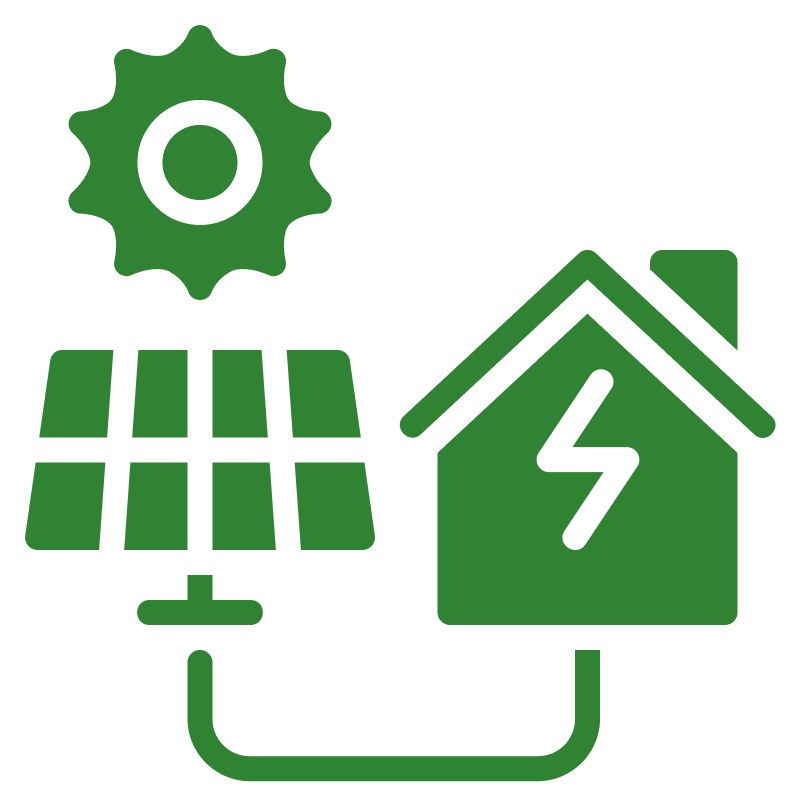
250%
There was a 250% increase in renewable energy generation in the Dorset Council area between 2014 and 2020. The Dorset Council area is in the top 15% of 400 areas in the UK for renewable electricity generation.
Dorset Council

8-10%
8 to 10% of the county of the county of Dorset’s overall economy comes from environmental commerce, which supports between 17,000 and
61,000 jobs a year.
Dorset LEP

97%
96% of residents in the Dorset Council area would recommend Dorset as a place to visit and 96%
would recommend it as a place to live.
Dorset Council

14th
The 14th most populated local authority area in England is Bournemouth, Christchurch and Poole.
2021 Census
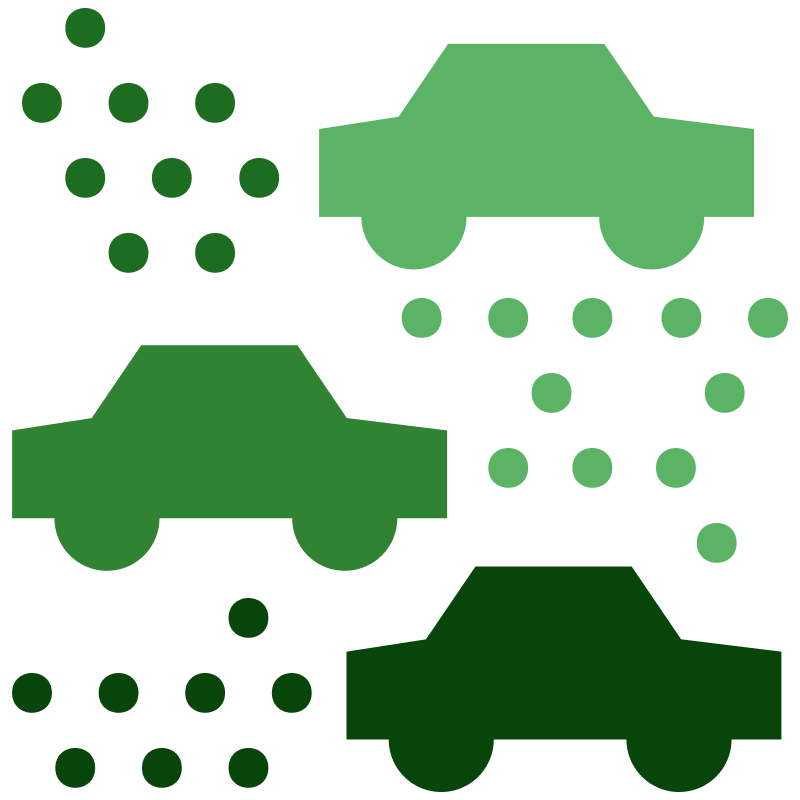
4%
The Dorset Council area’s greenhouse gas emissions fell by over 4% from 2019-2021, and by a third since 2005. But reductions in county emissions are
off target to get to
net zero by 2050.
Dorset Council

4%
The Dorset Council area is home to nearly all reptile species living in Britain, 53% of birds, 93% of mammals, 90% of butterflies and 74% of dragonflies.
Dorset Council
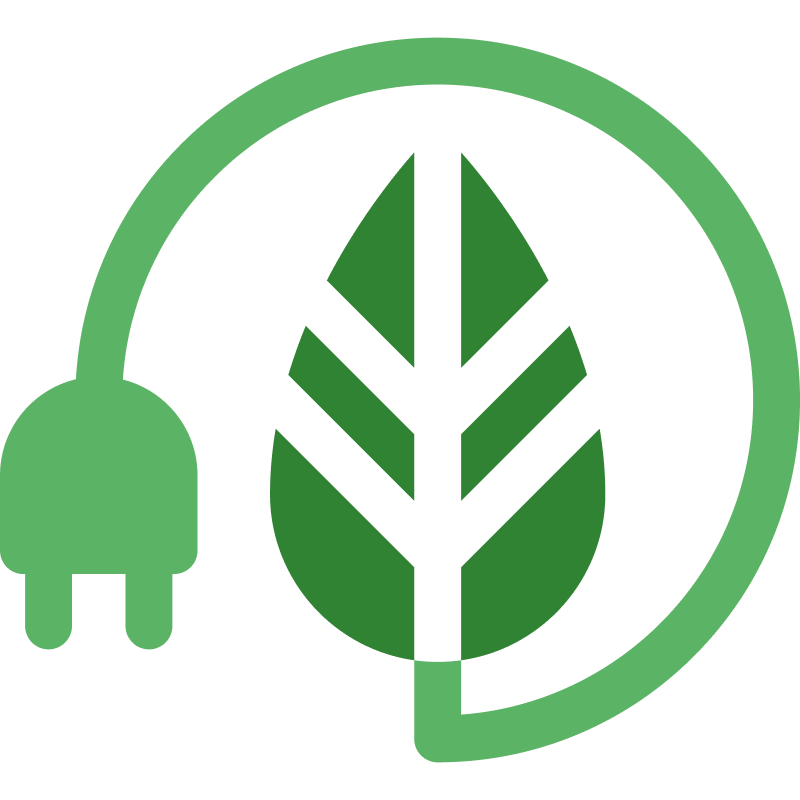
462
The county of Dorset currently has 462 publicly available Electric Vehicle chargers of which 155 are rapid chargers.
Department for Transport 2024
Frontline Stories
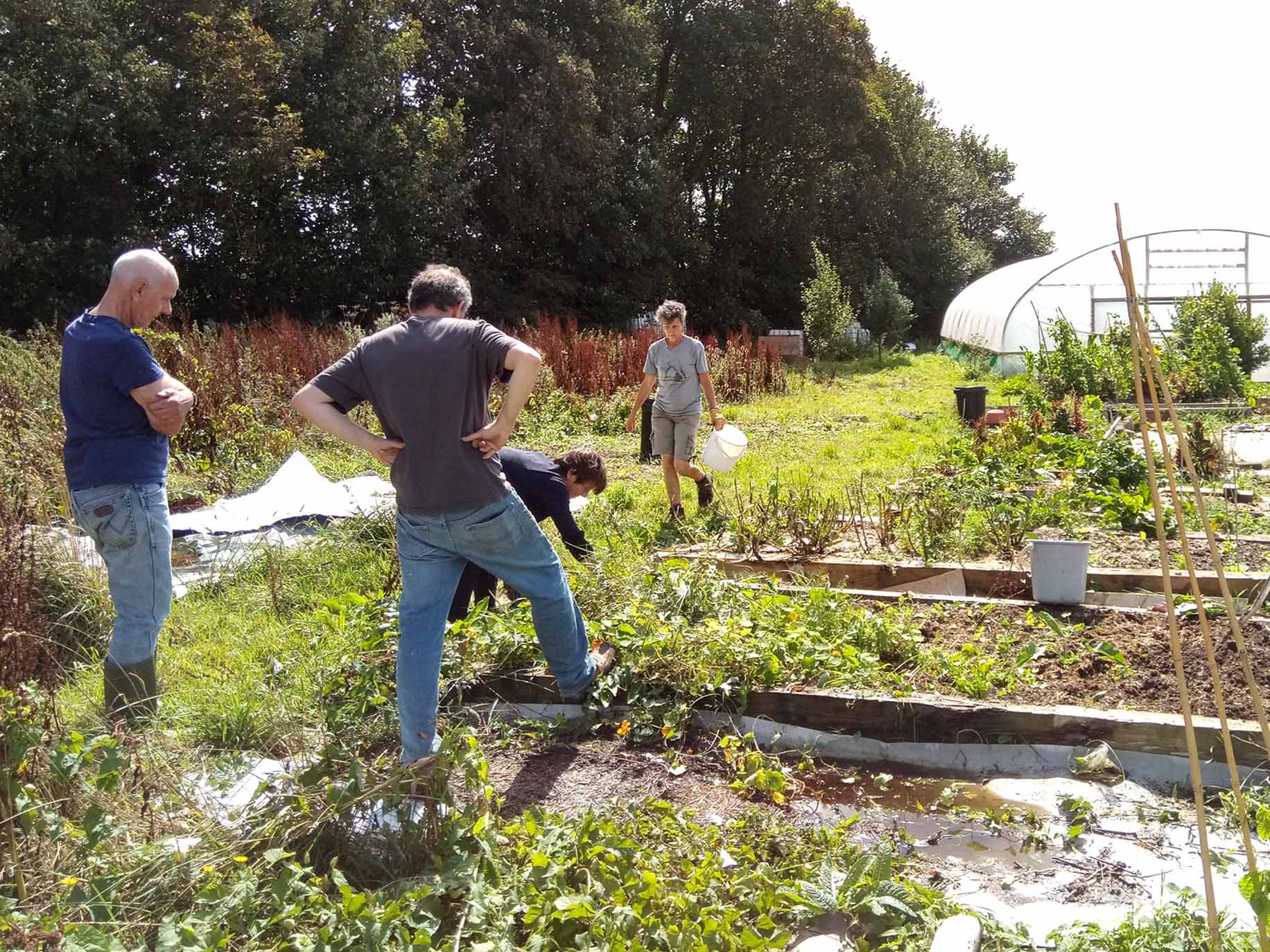
Transition Town Dorchester
Transition Town Dorchester runs a two-acre community farm and a two-acre community orchard on land rented from the Duchy of Cornwall near Poundbury, Dorchester.
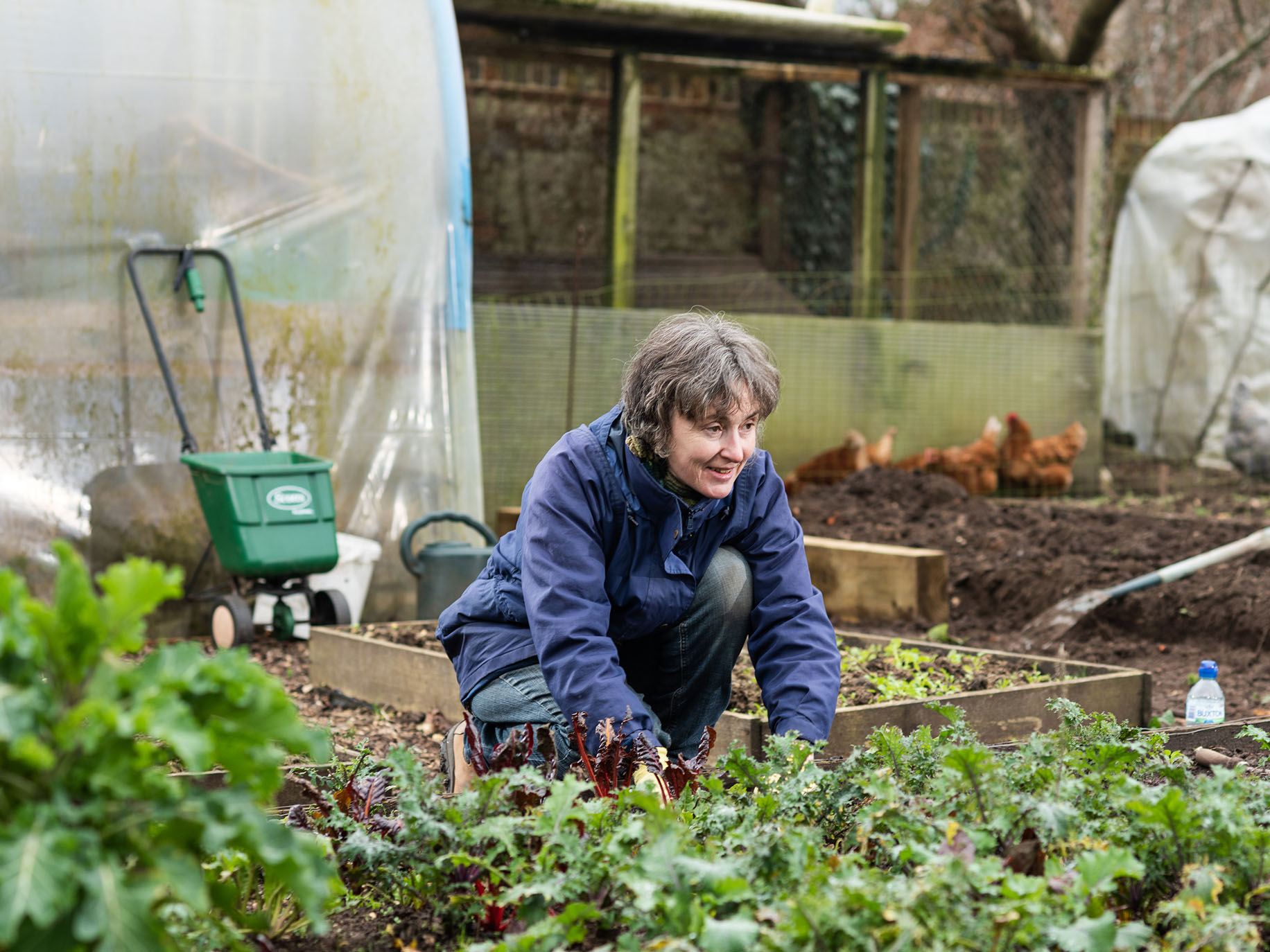
Grounded Community
Grounded Community in Boscombe grows fruit and vegetables at its Secret Garden near St Clements Church, brings together growers and collects supermarket and café waste to provide healthy food boxes to people on low incomes.
Our View

Although Dorset is making some positive environmental changes, the cost of living crisis may be impacting levels of engagement in environmental activities amongst residents who are struggling to find ways of addressing immediate personal challenges.
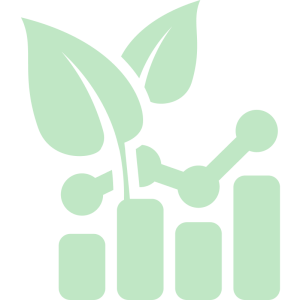
Volunteering or participating in green community initiatives share many of the social outcomes that other local activities and groups achieve such as increased social connections, stronger community cohesion, learning new skills, benefits to health and wellbeing and ways to address the cost of living crisis.

We want to explore how supporting environmental activities can offer a blend of outcomes that will improve our environment, reduce energy use and increase our sustainable practices in the long term, whilst also directly supporting social outcomes and improving lives.
With thanks to:

